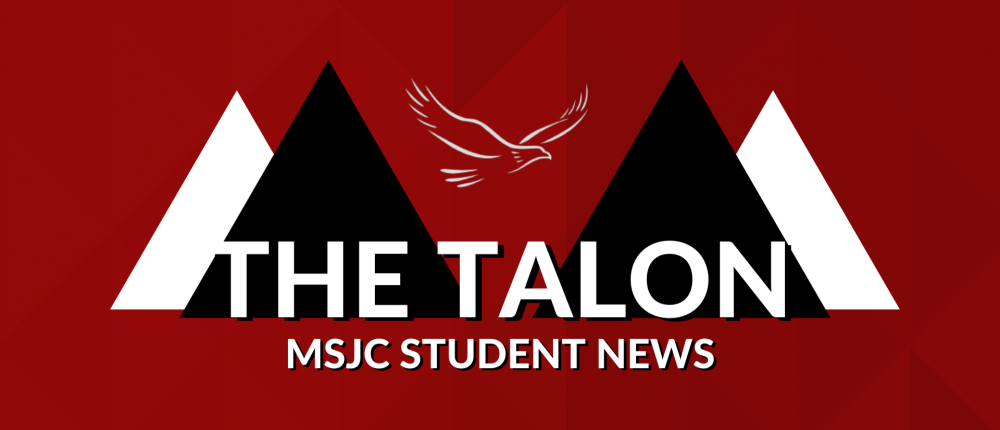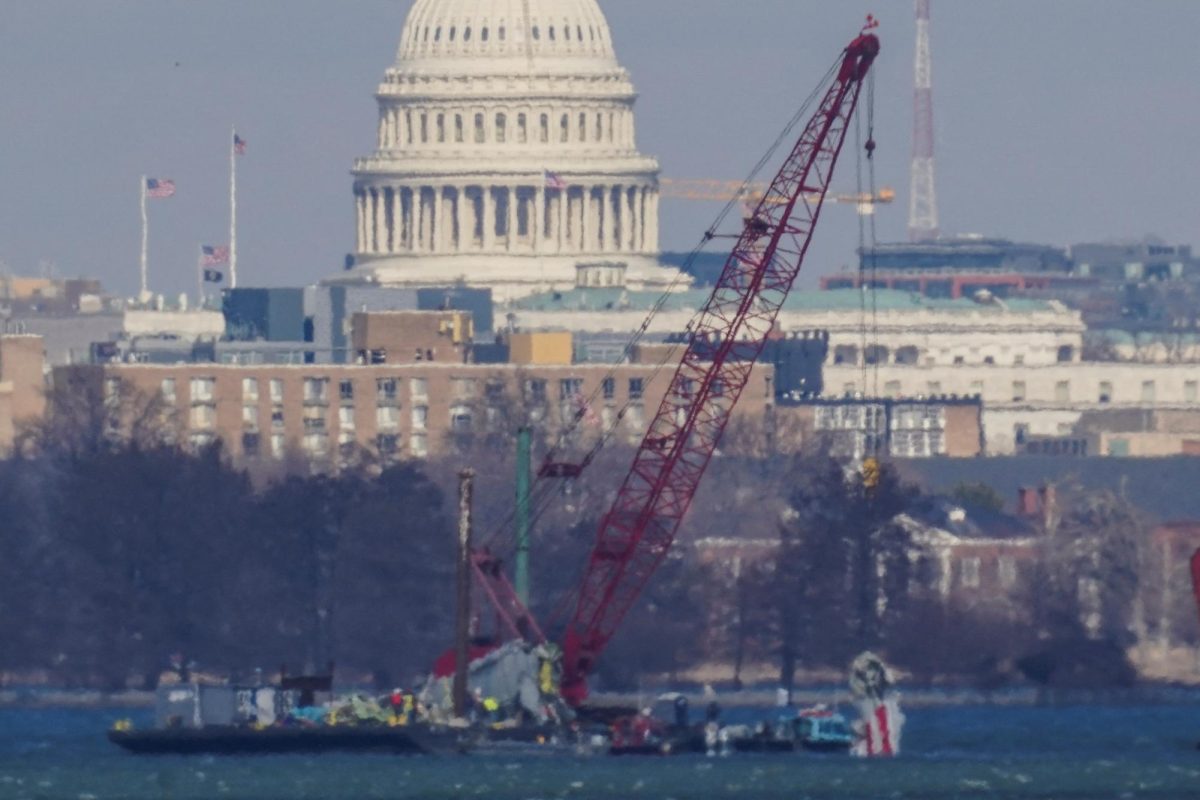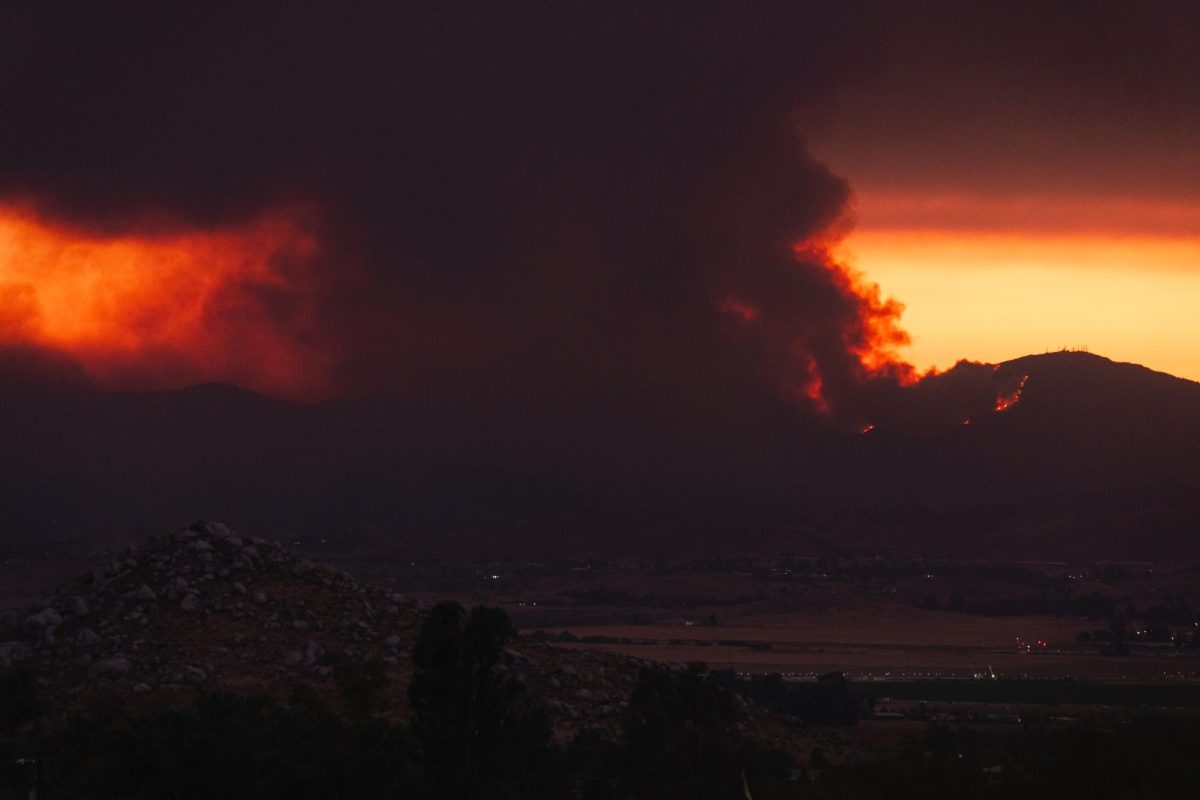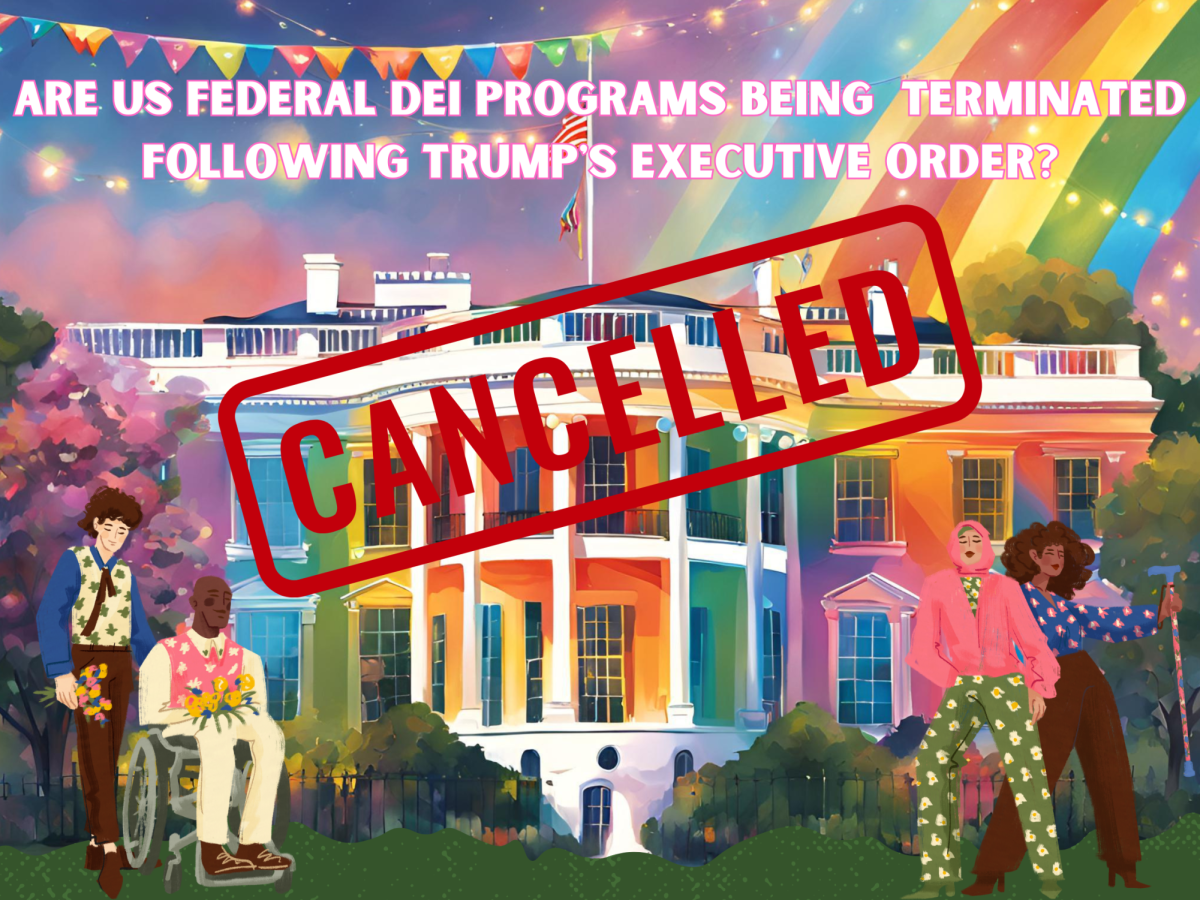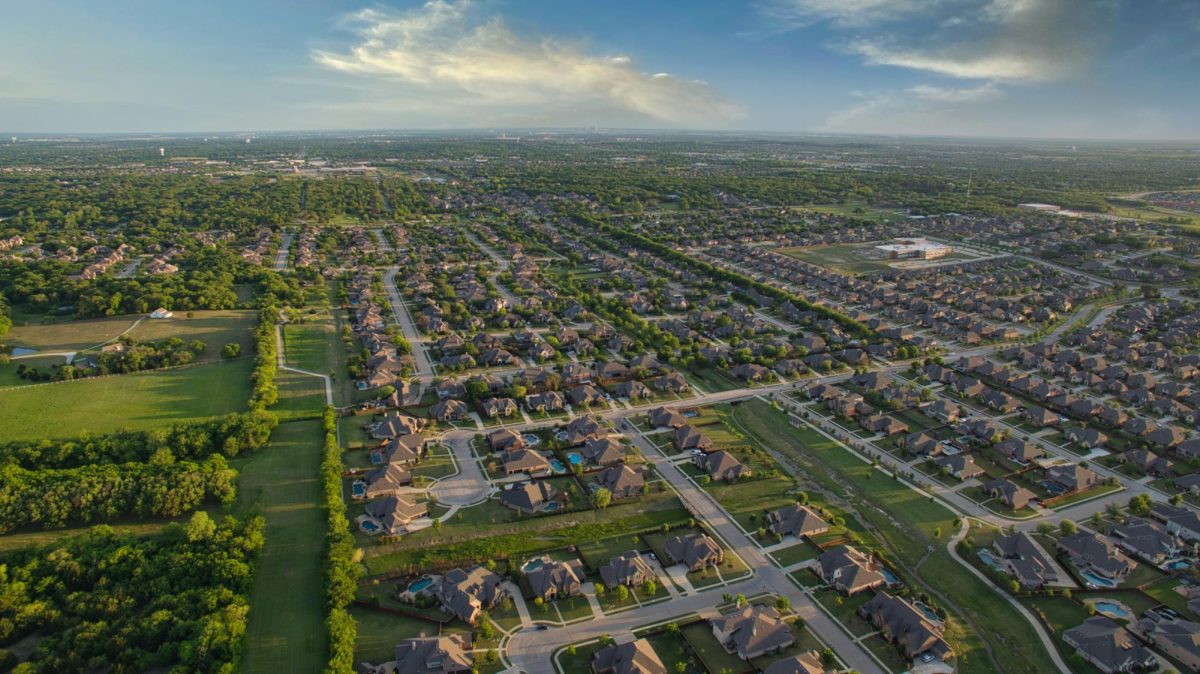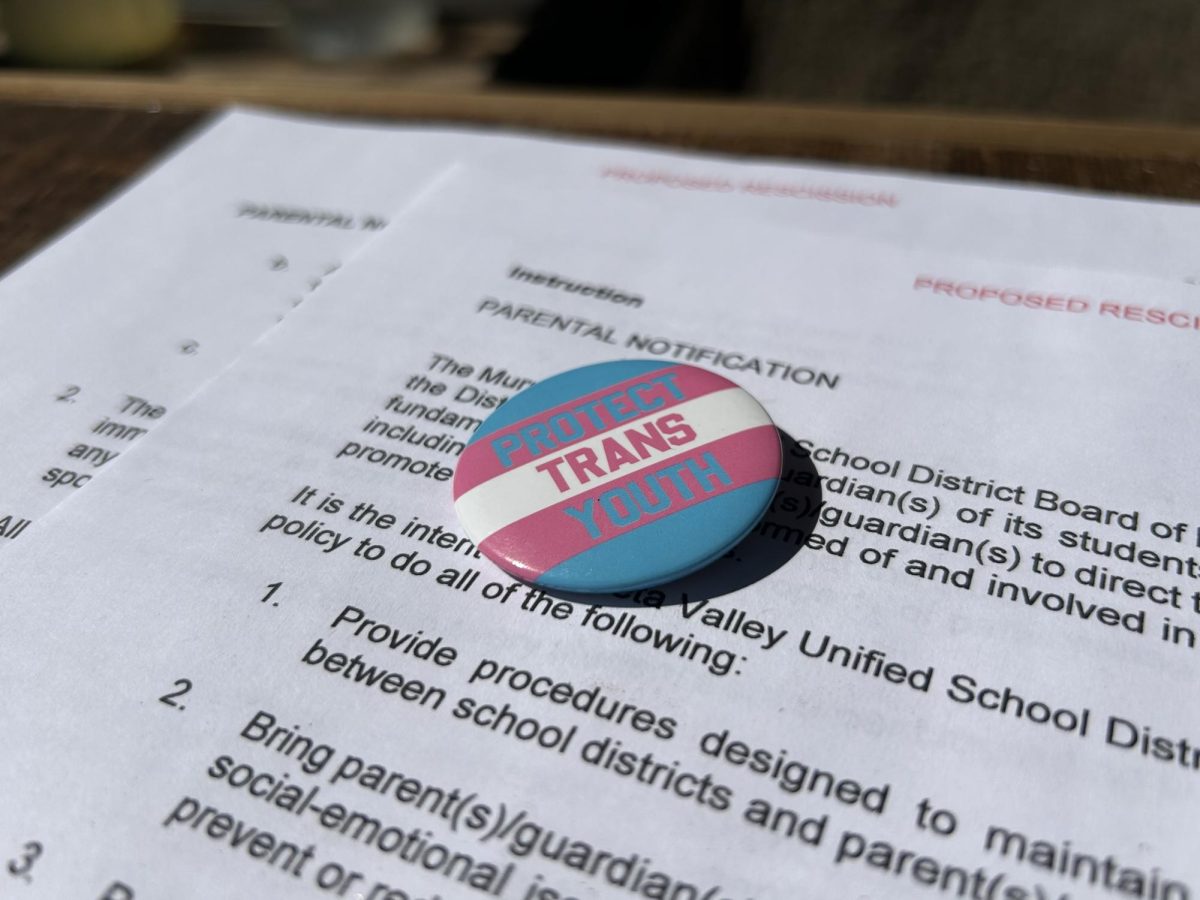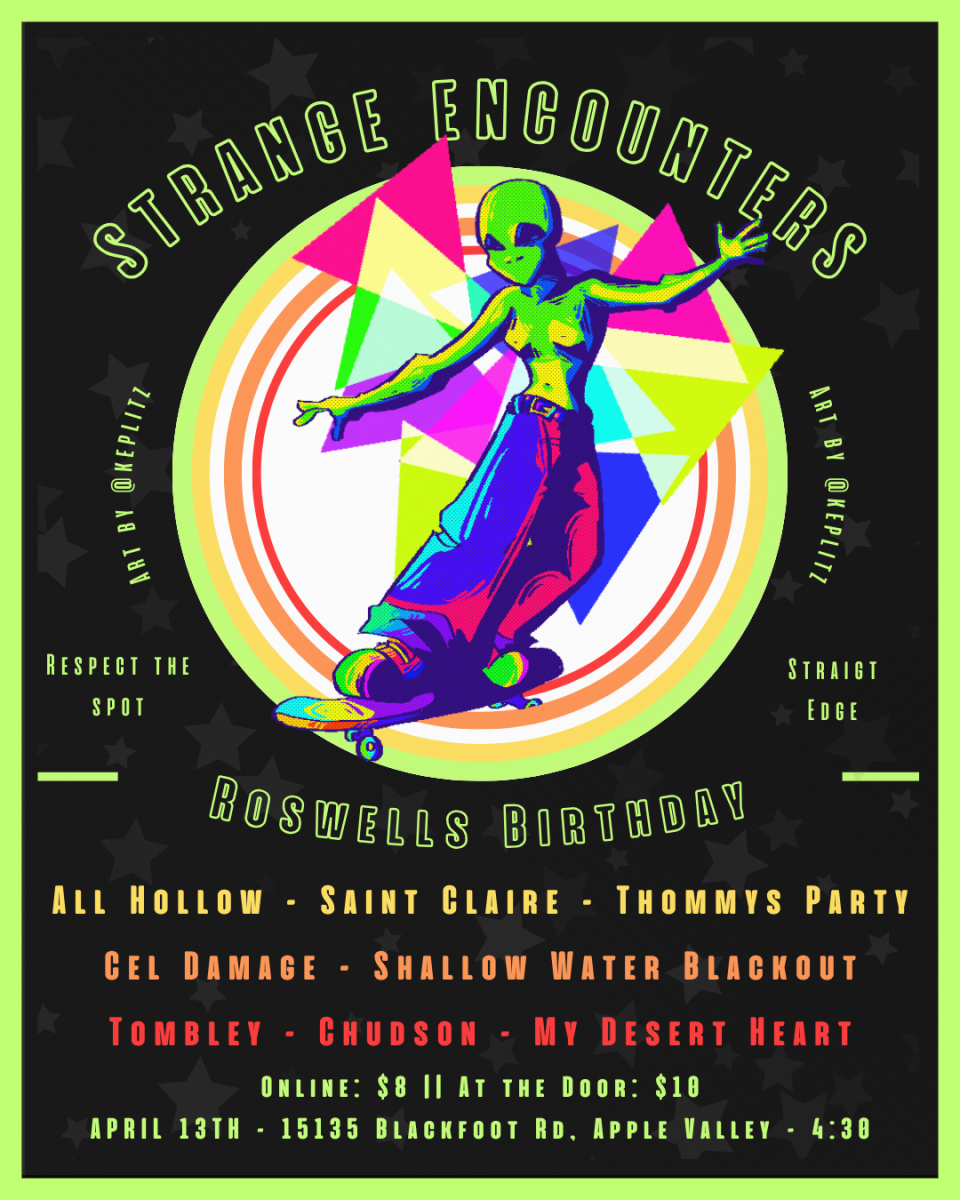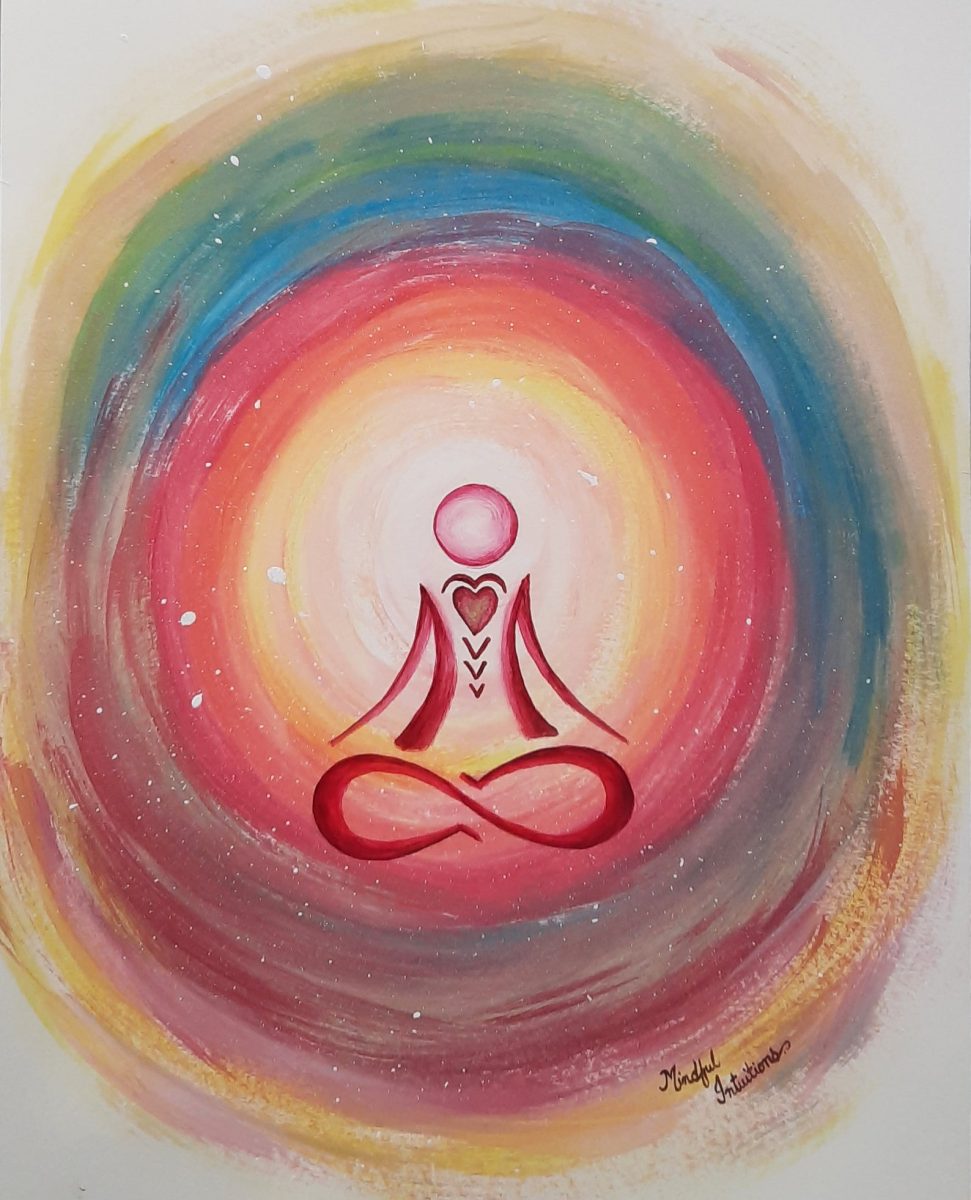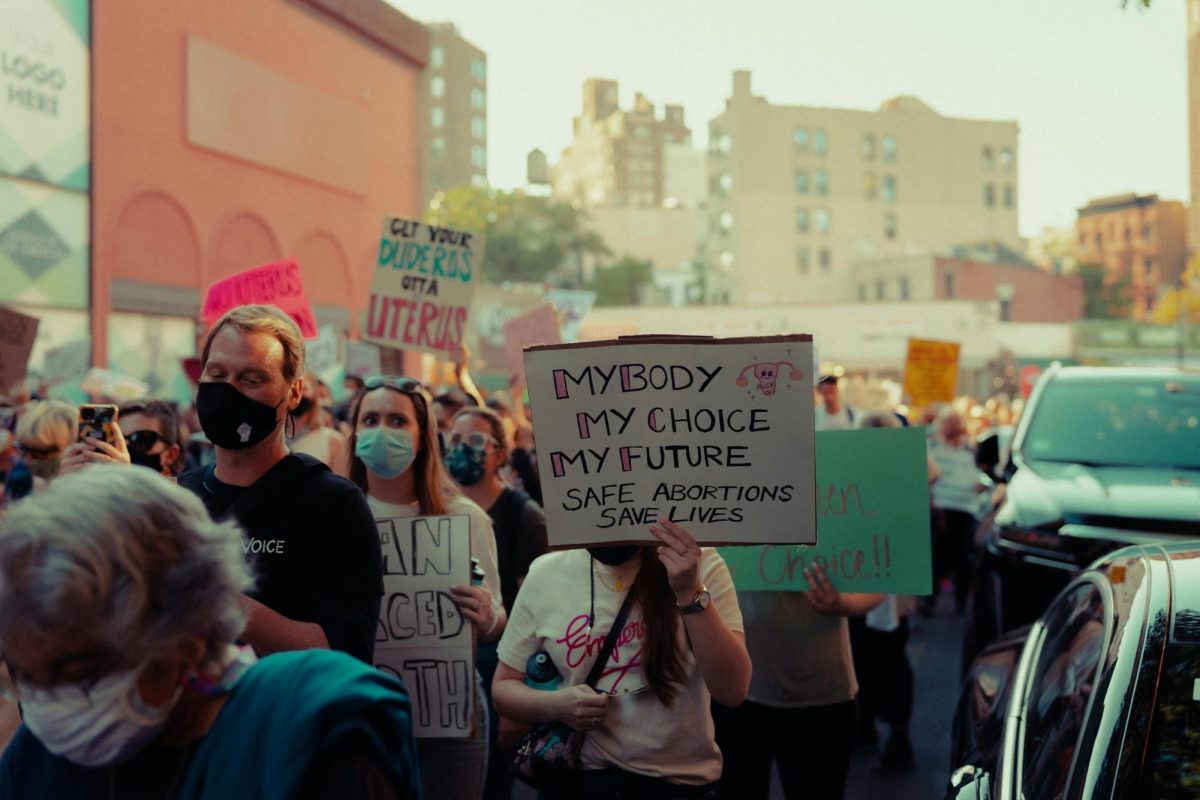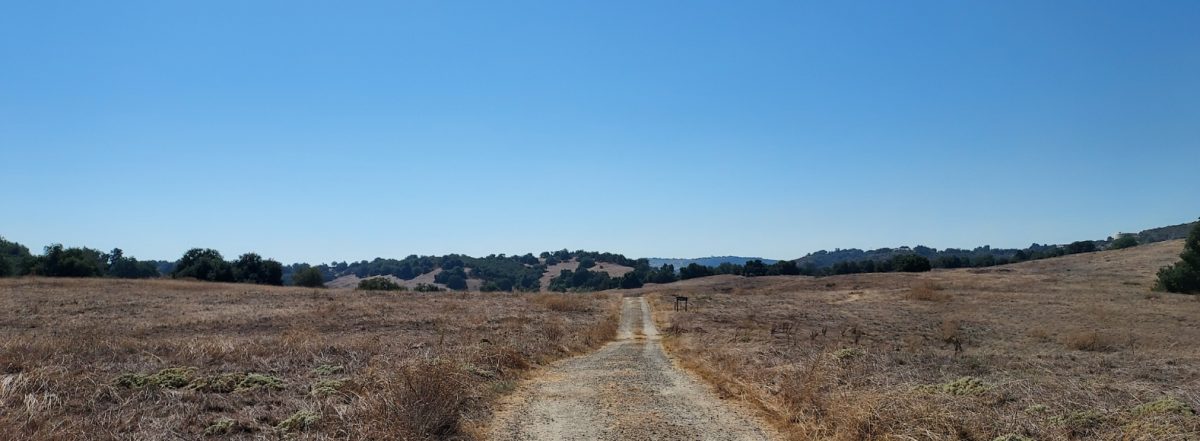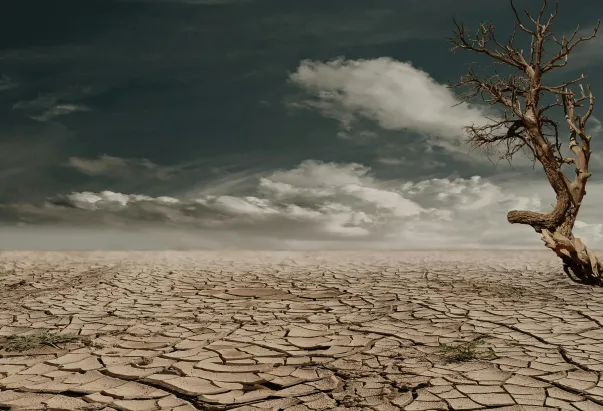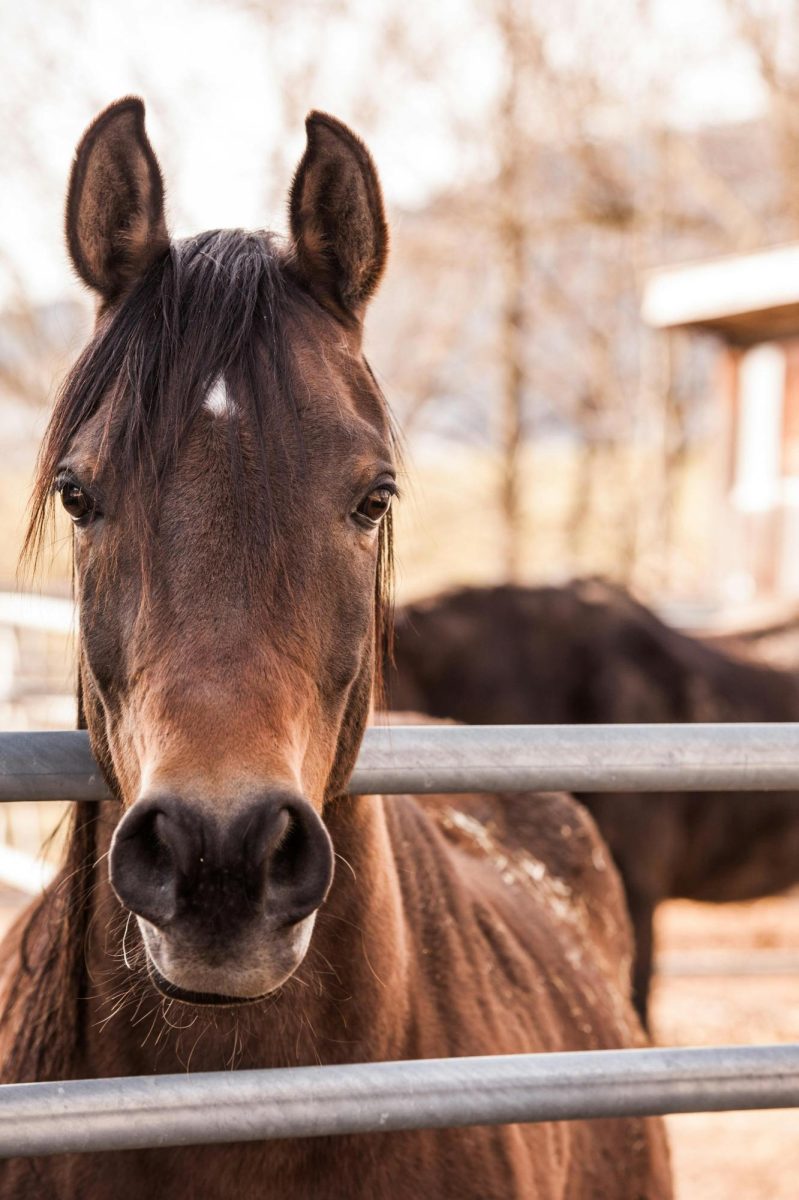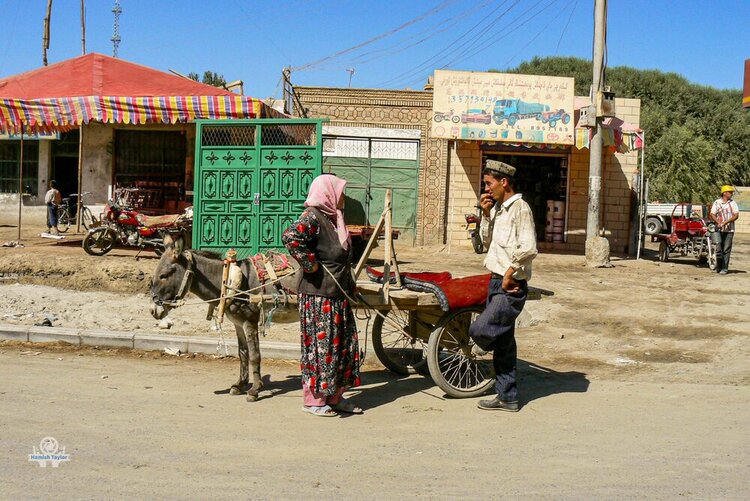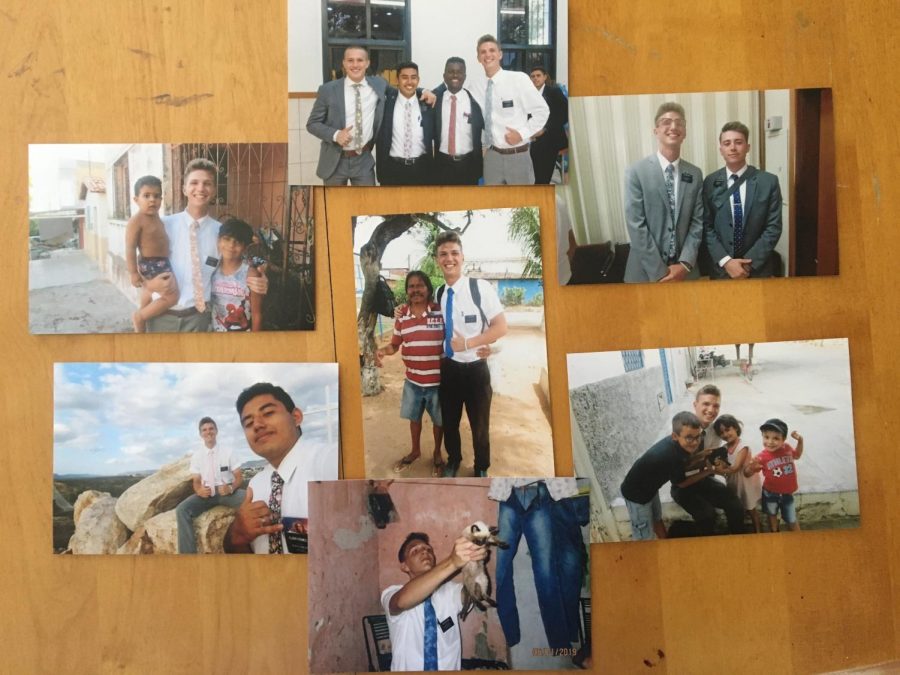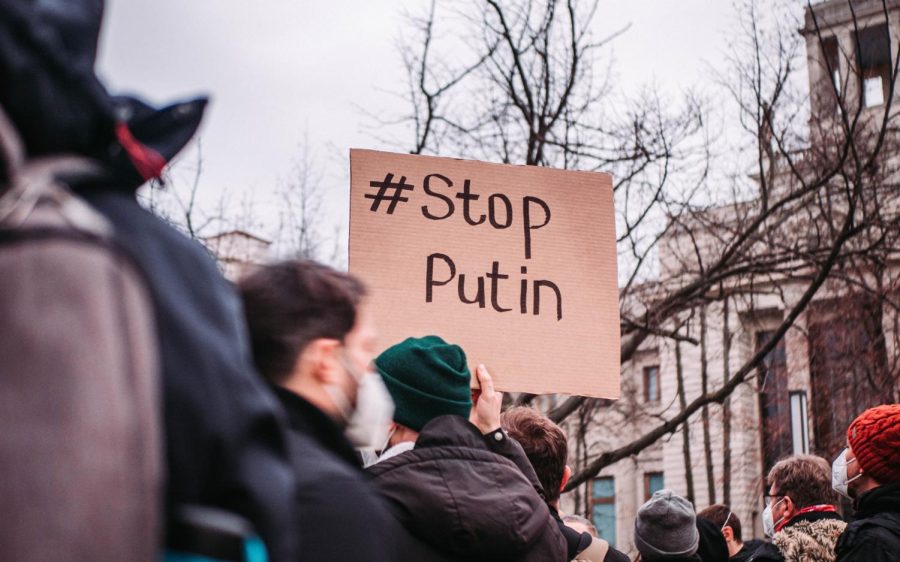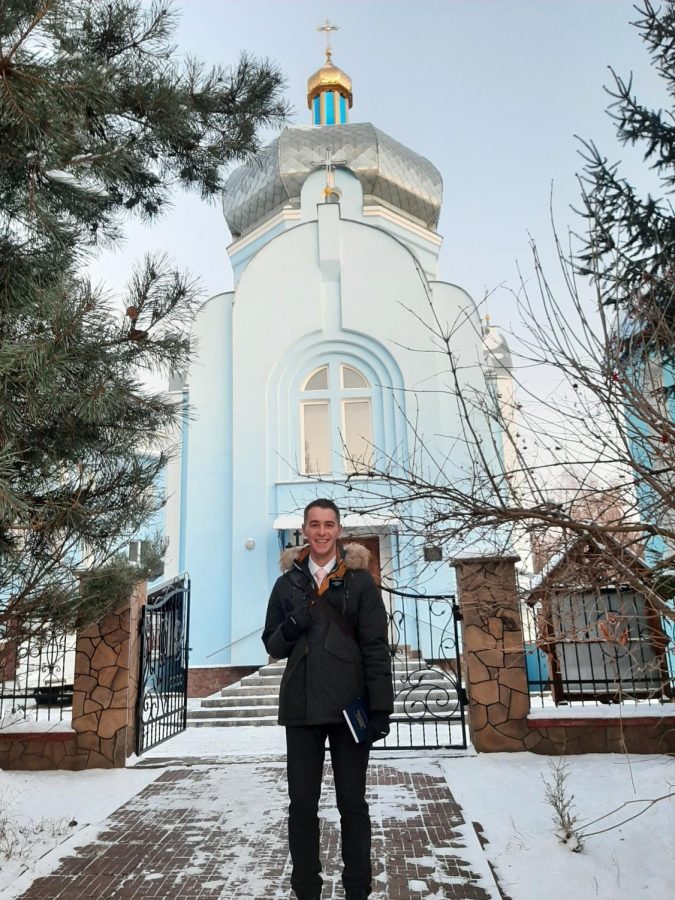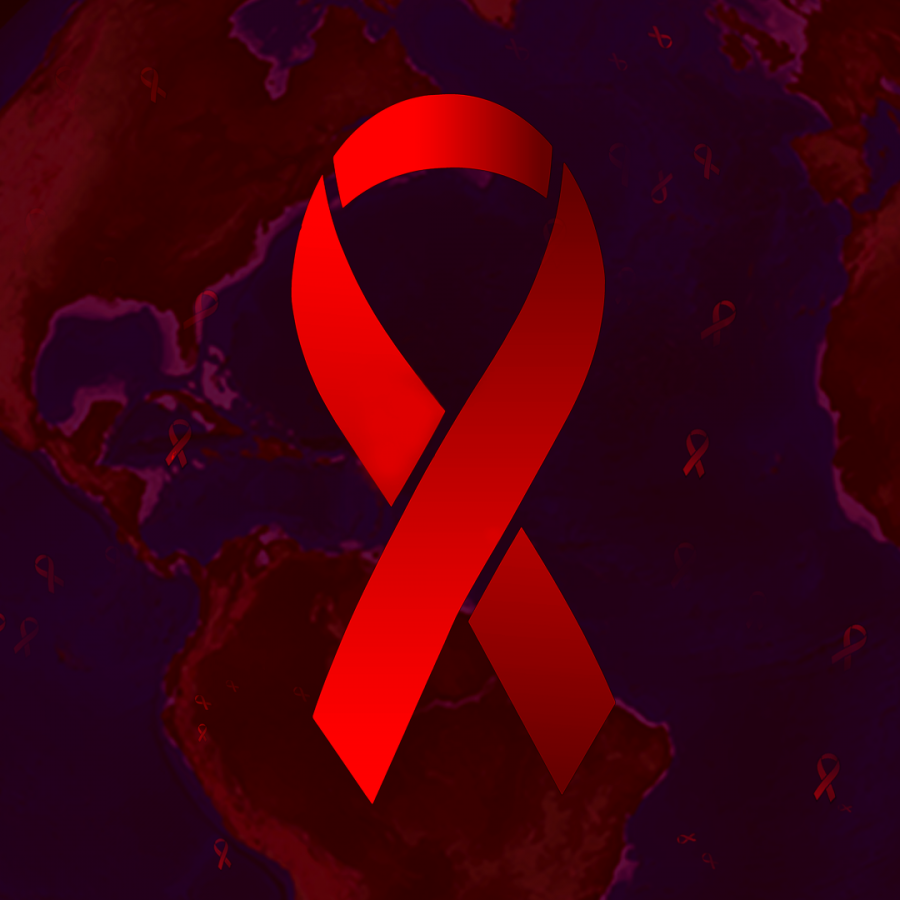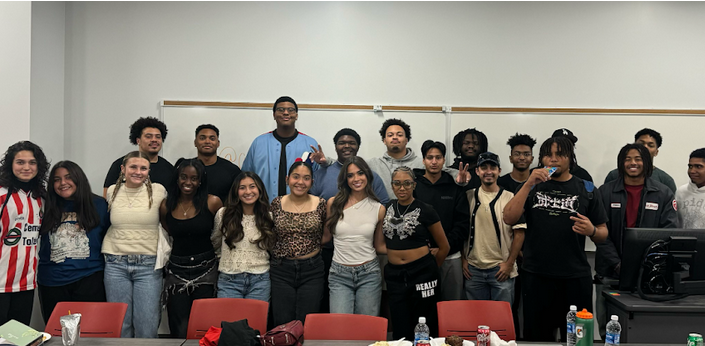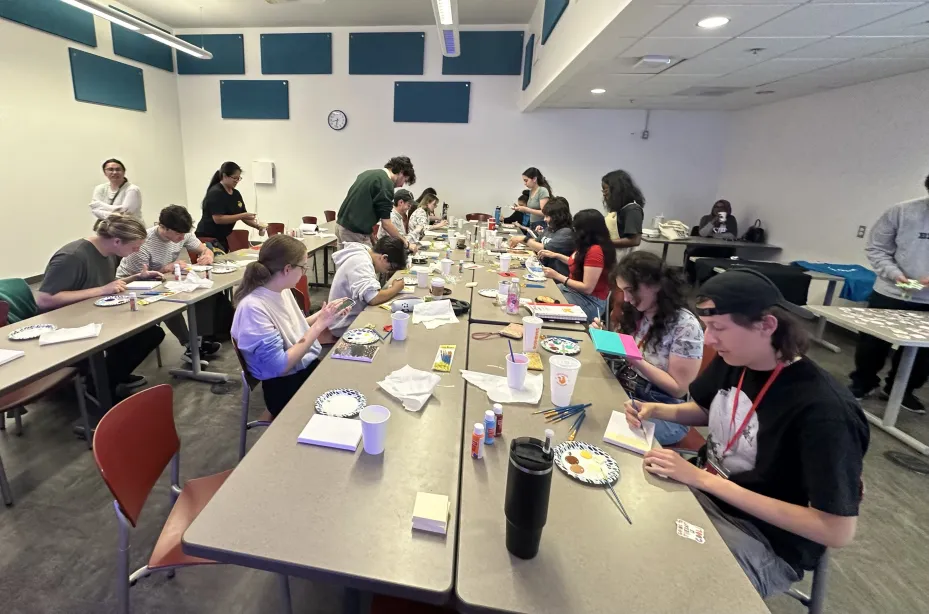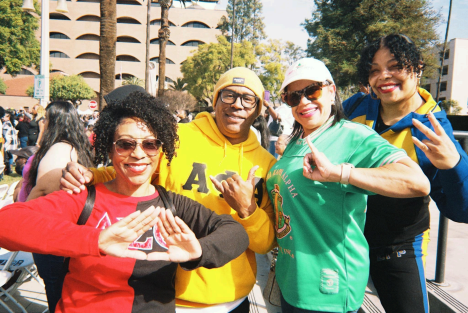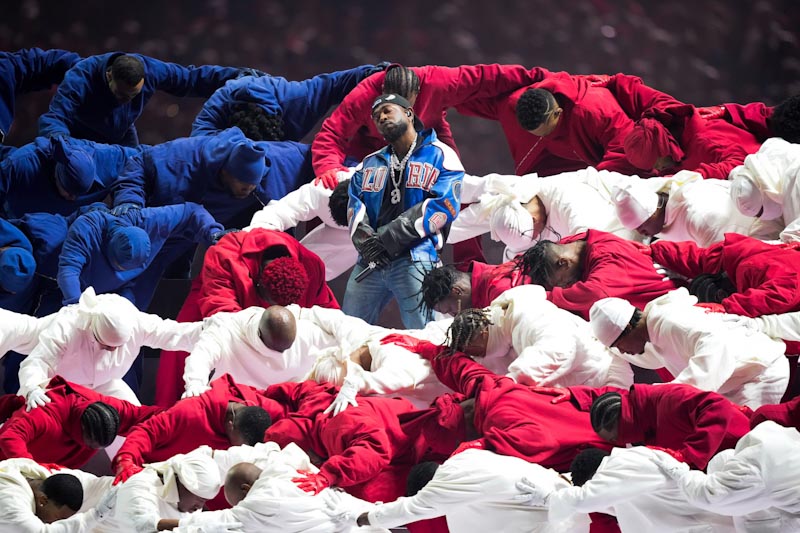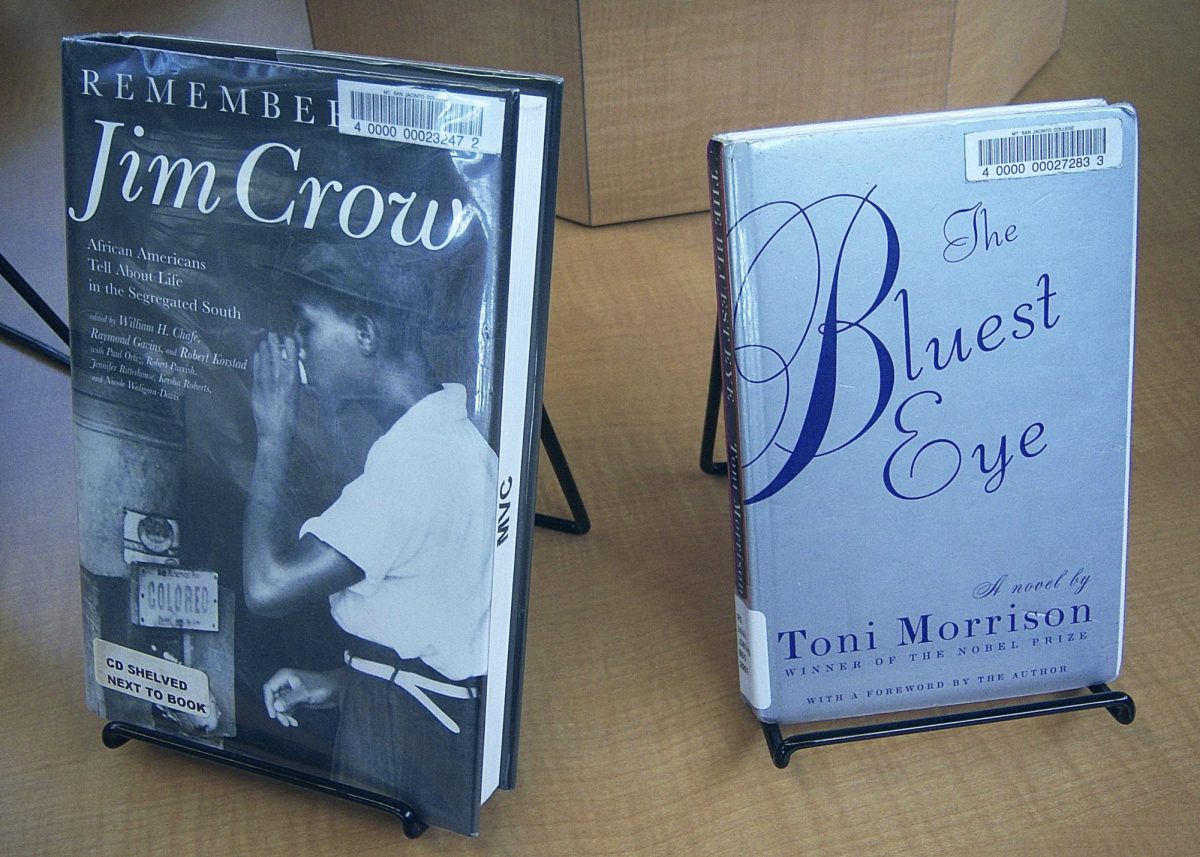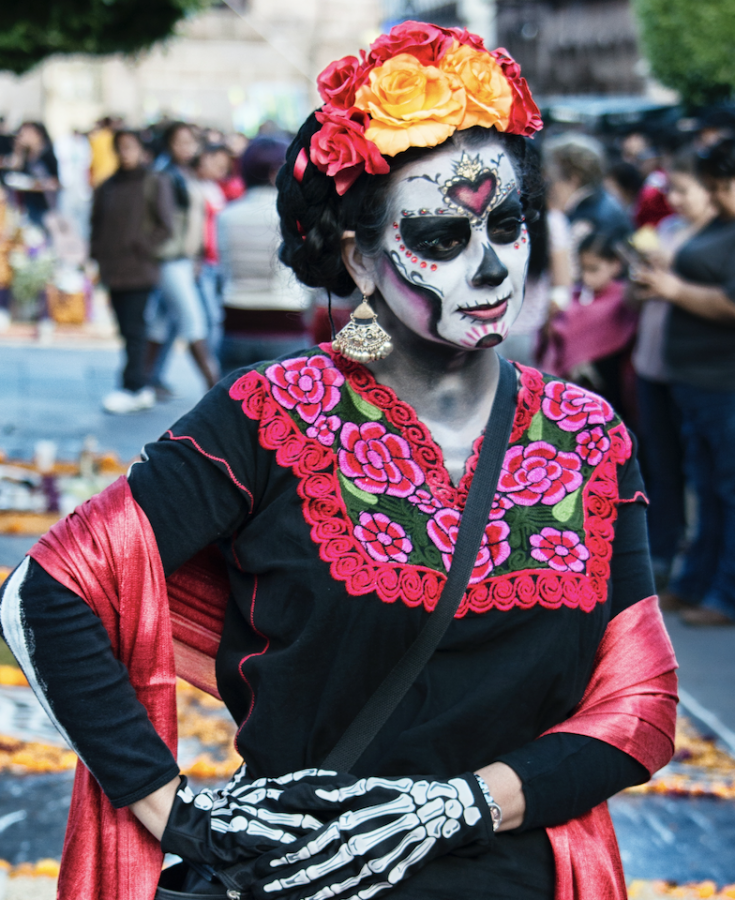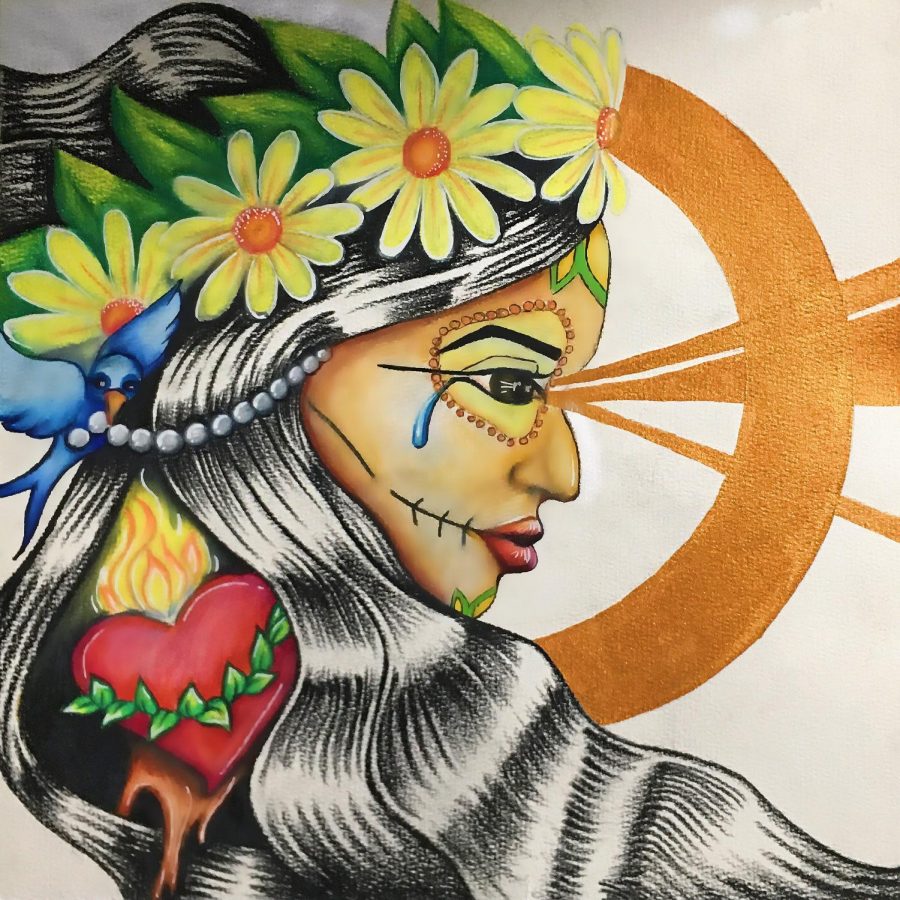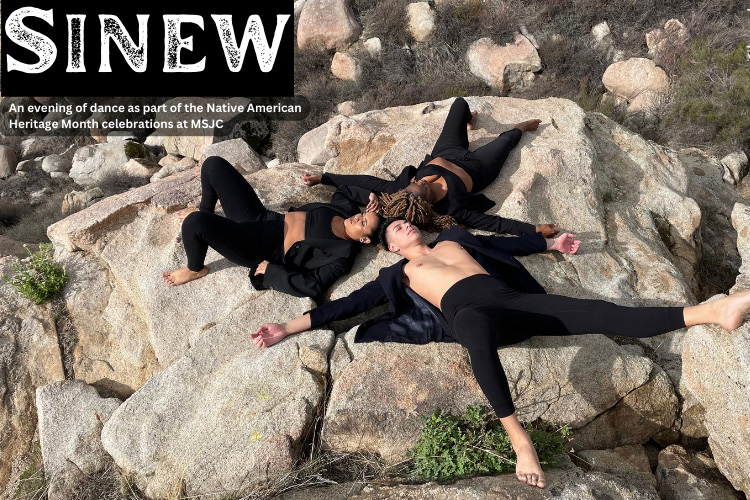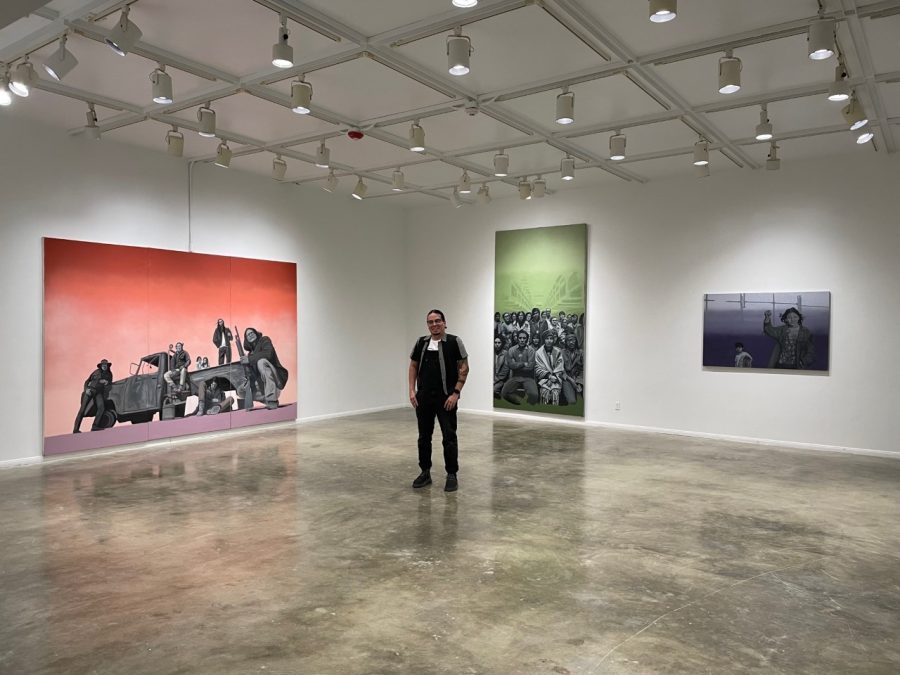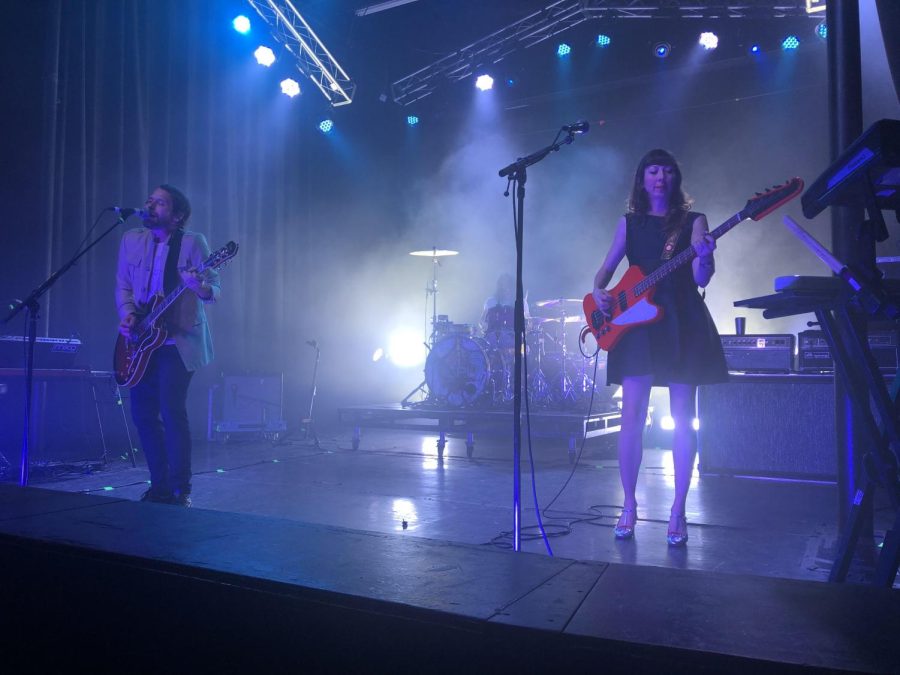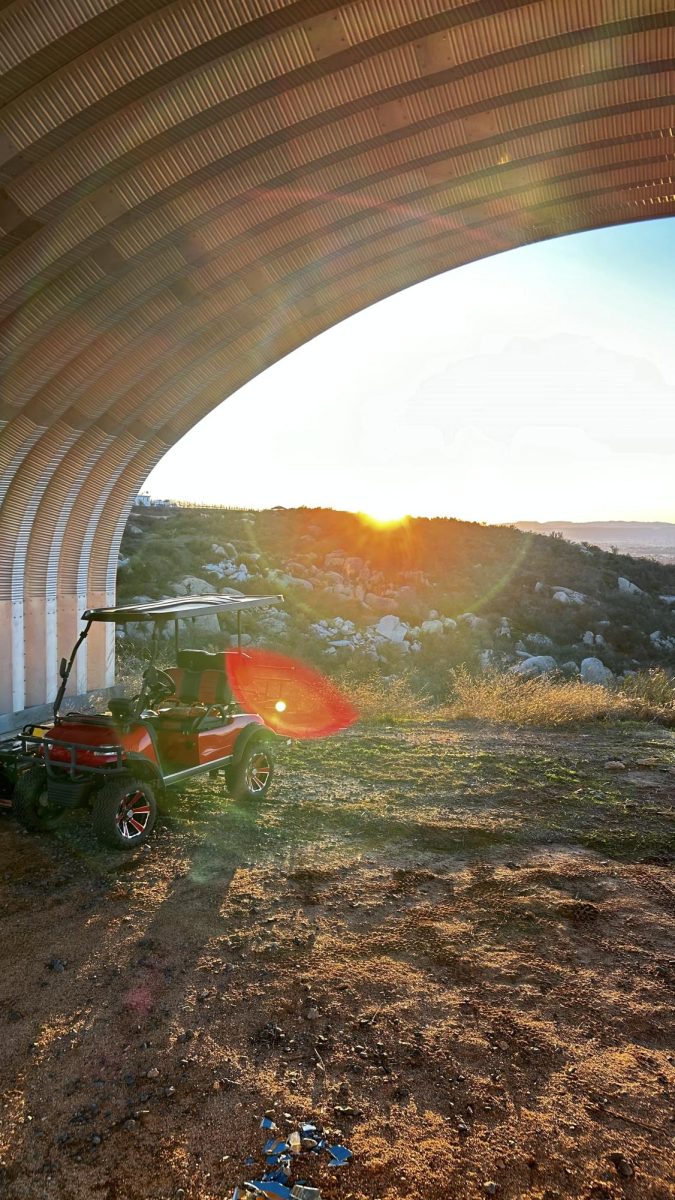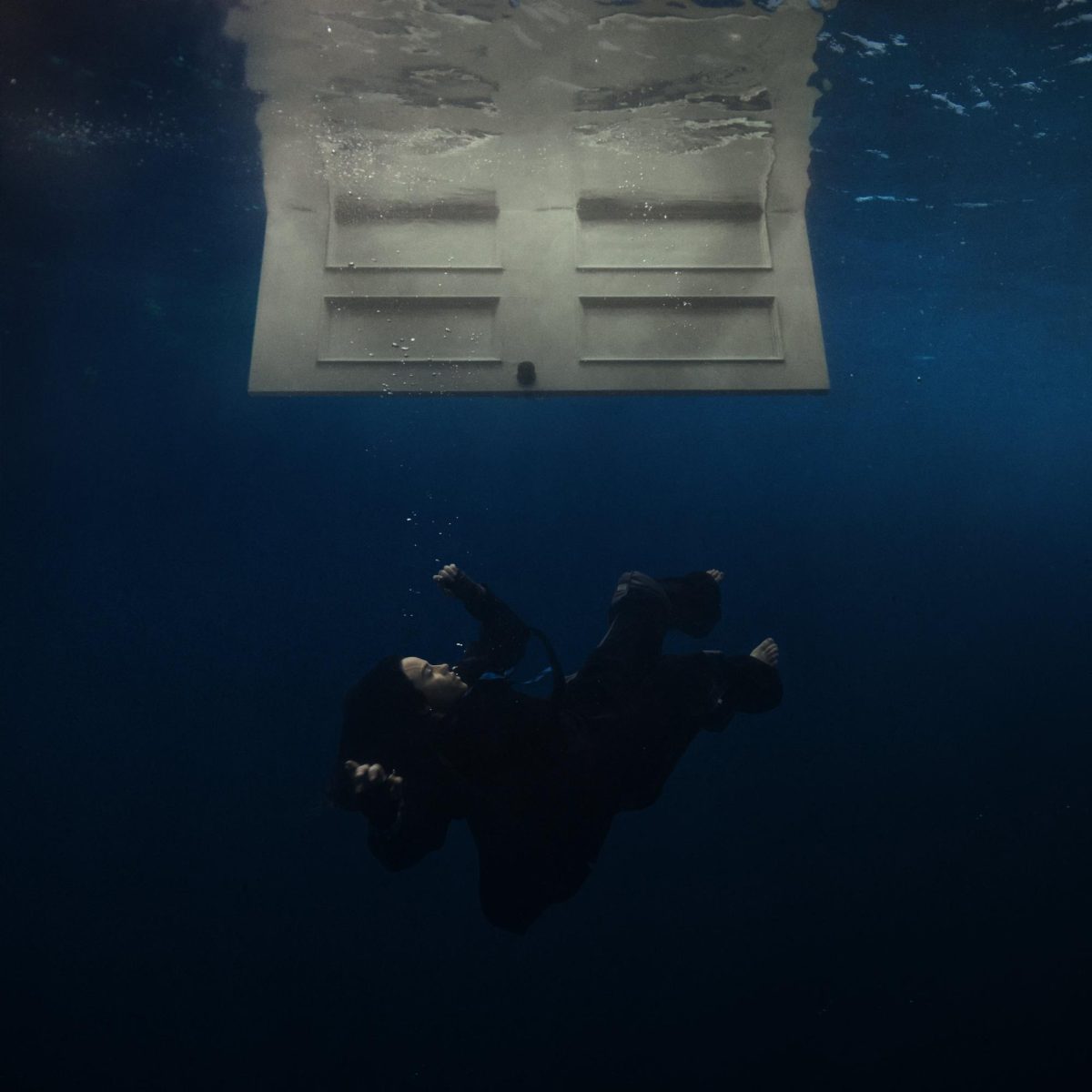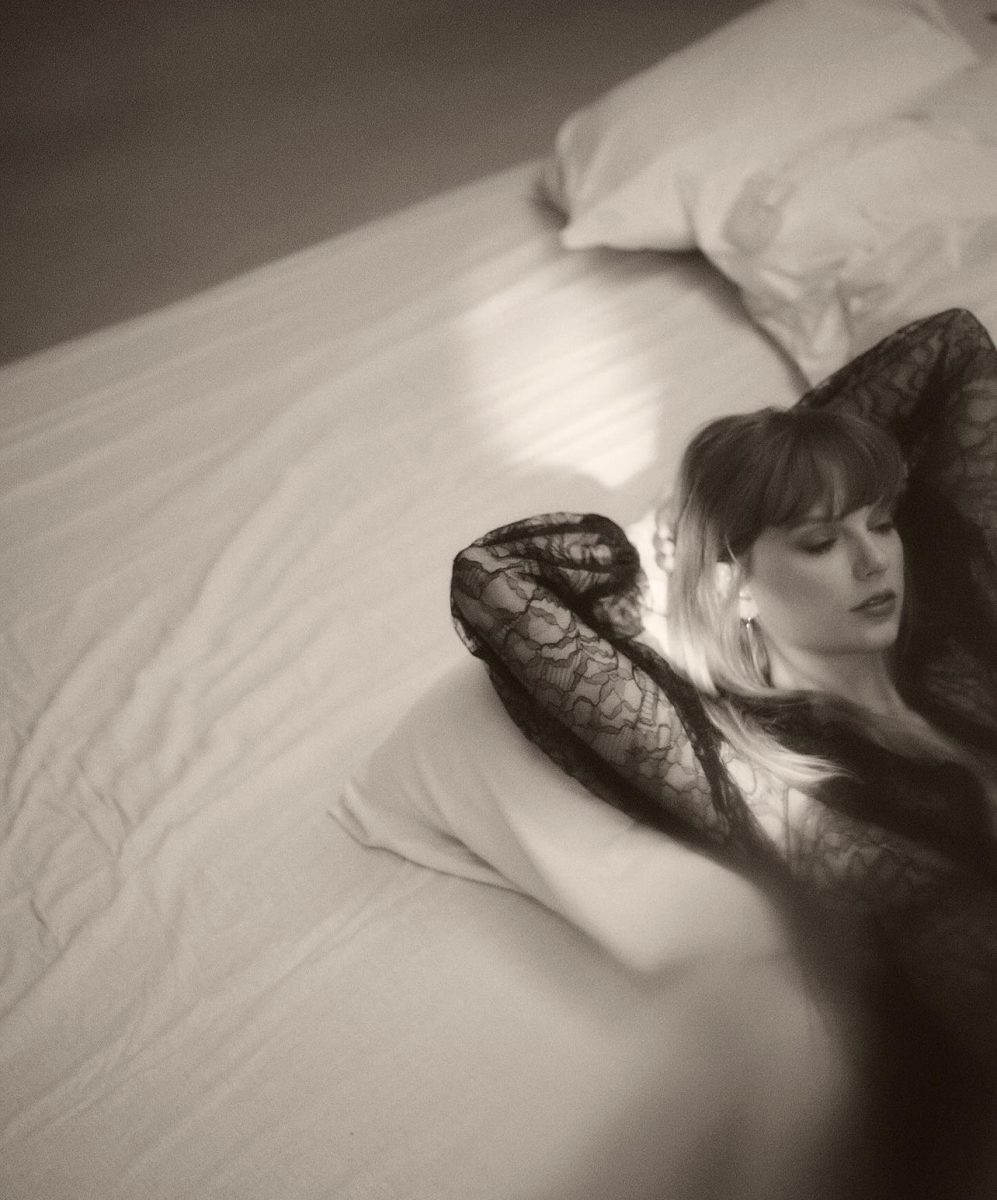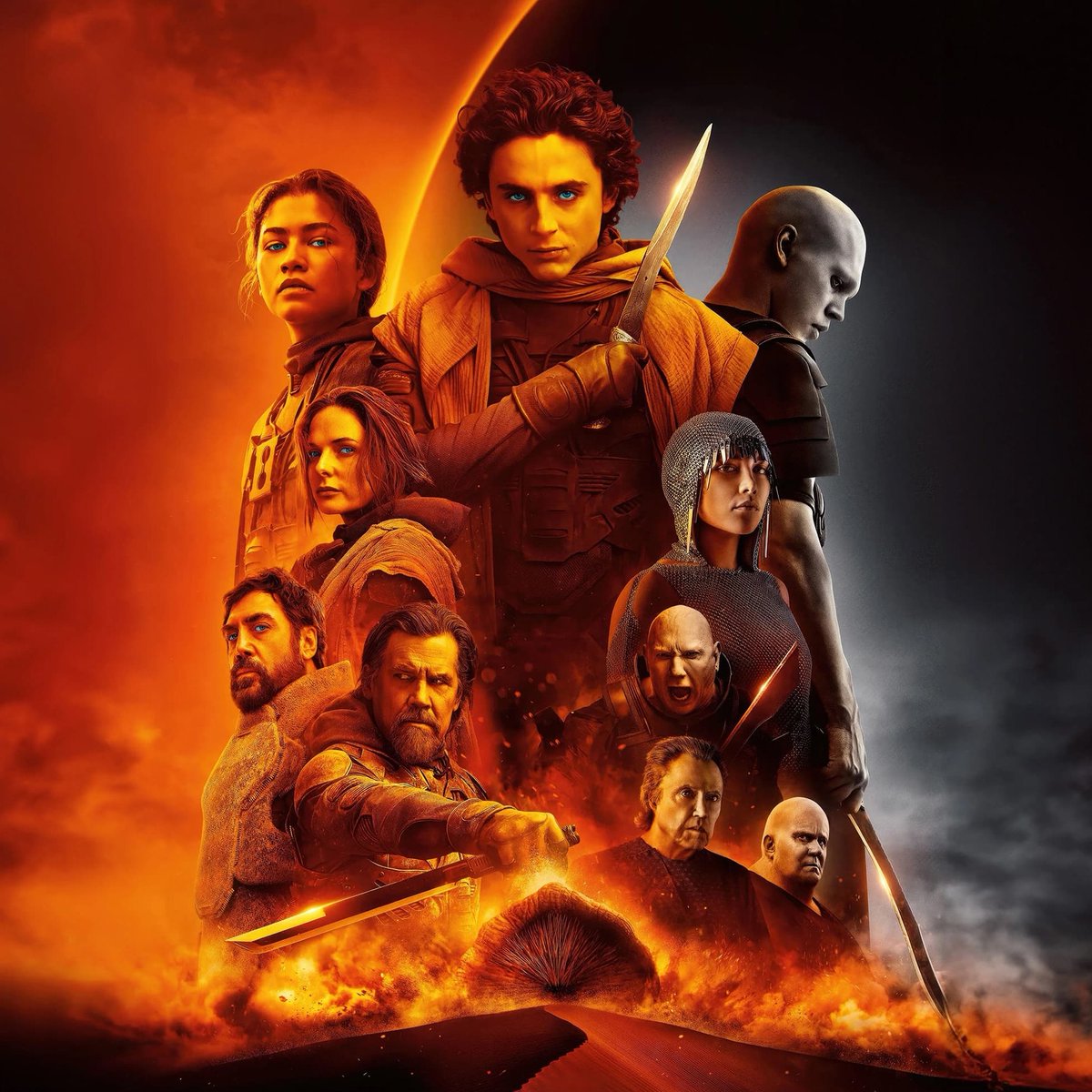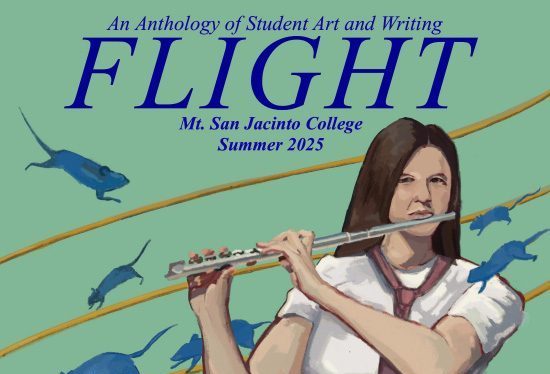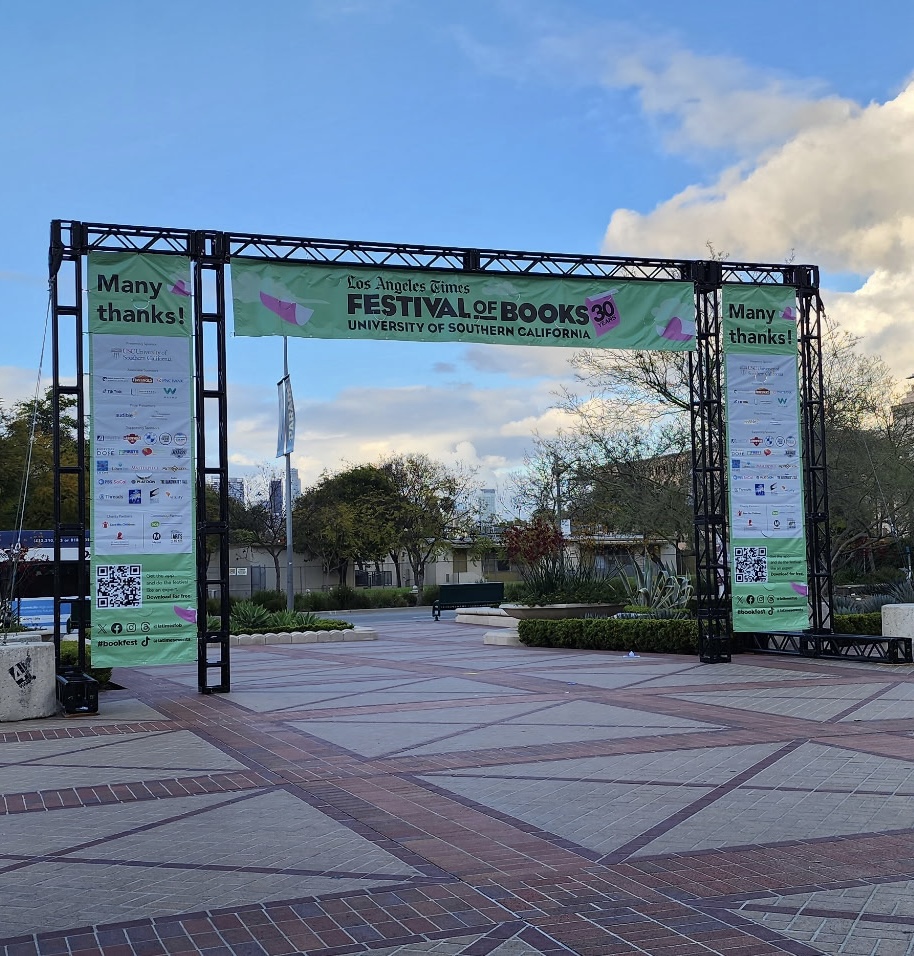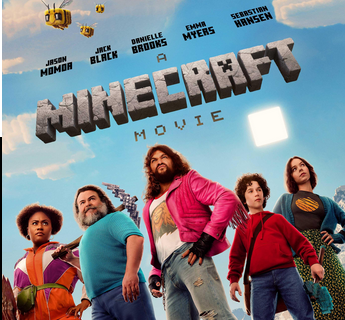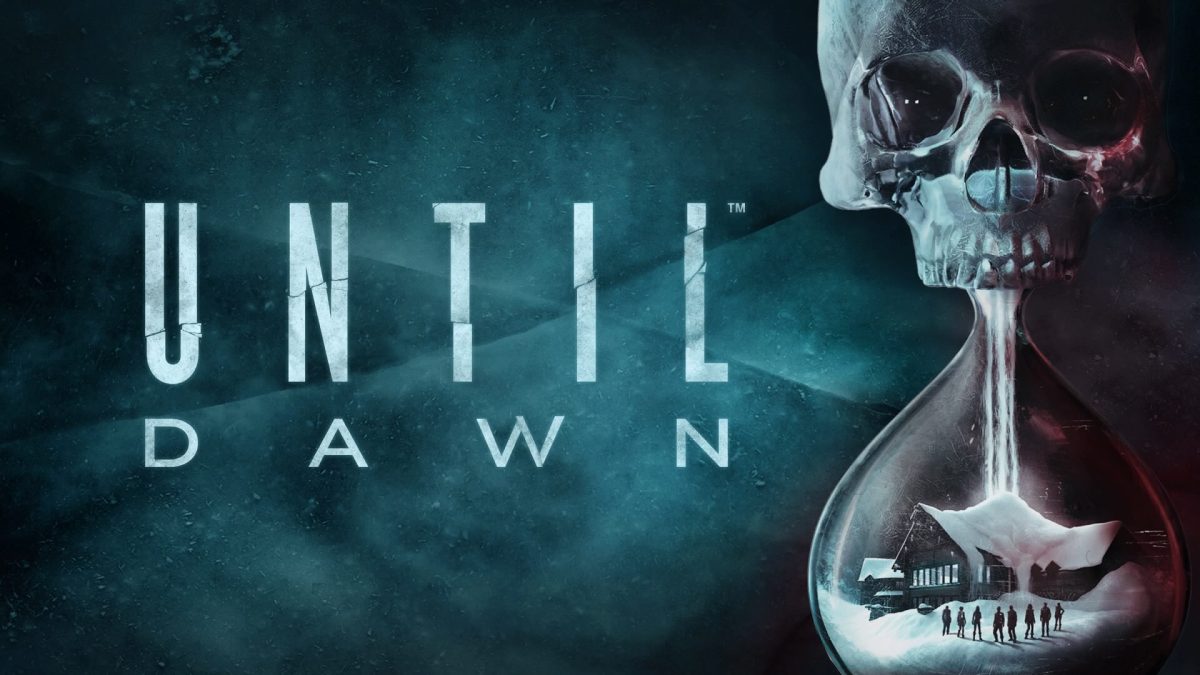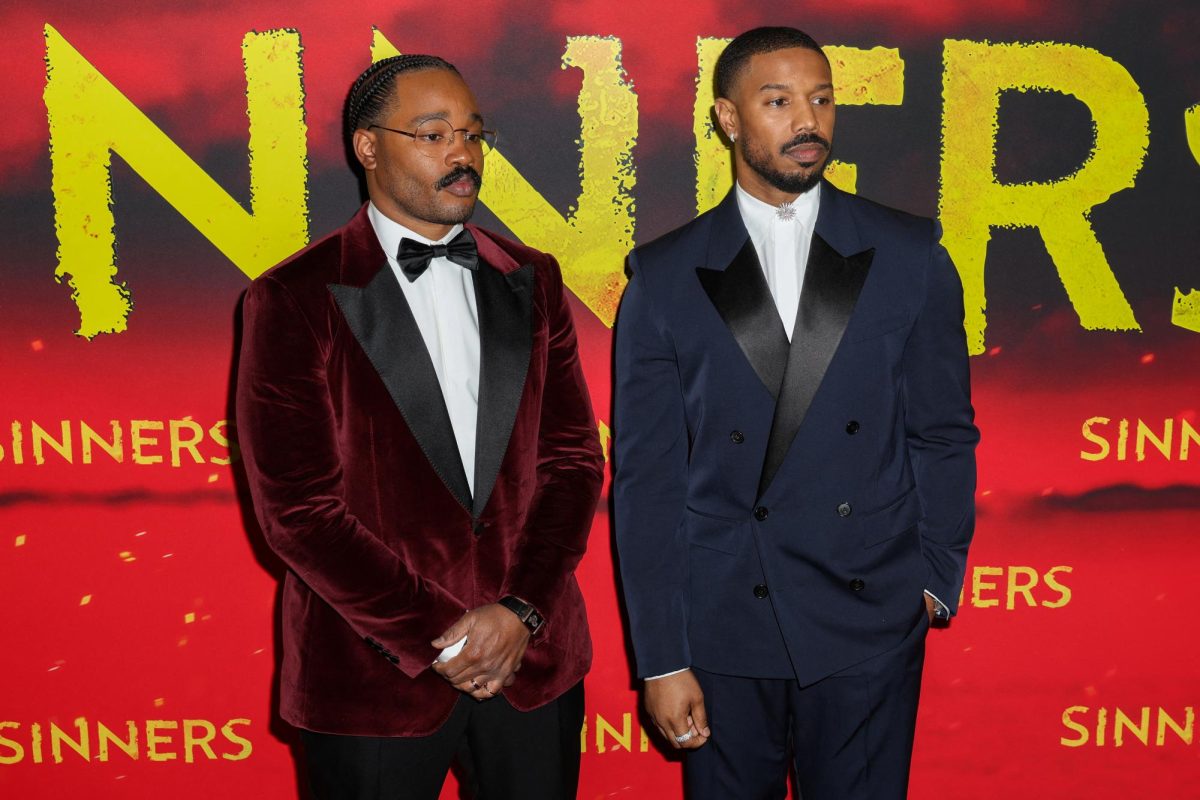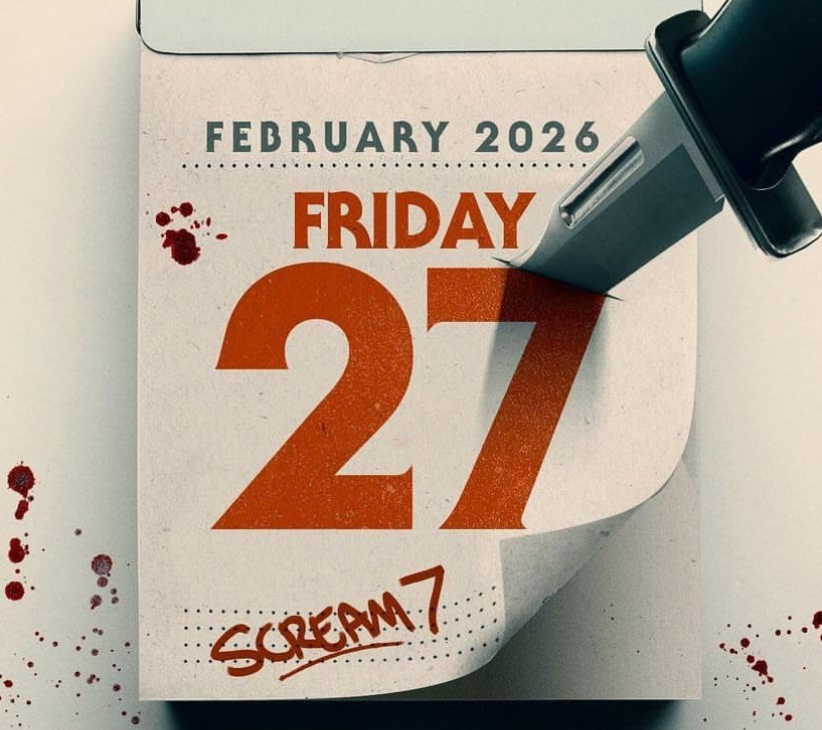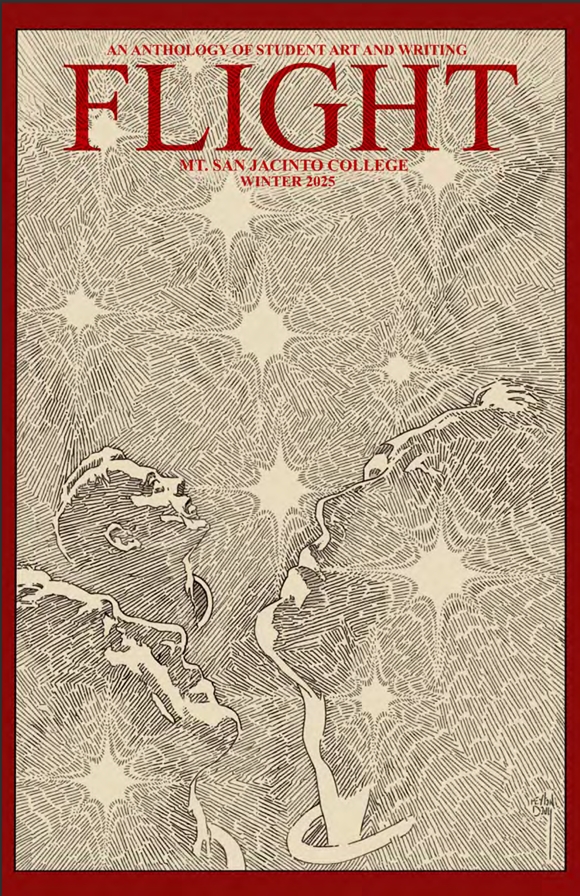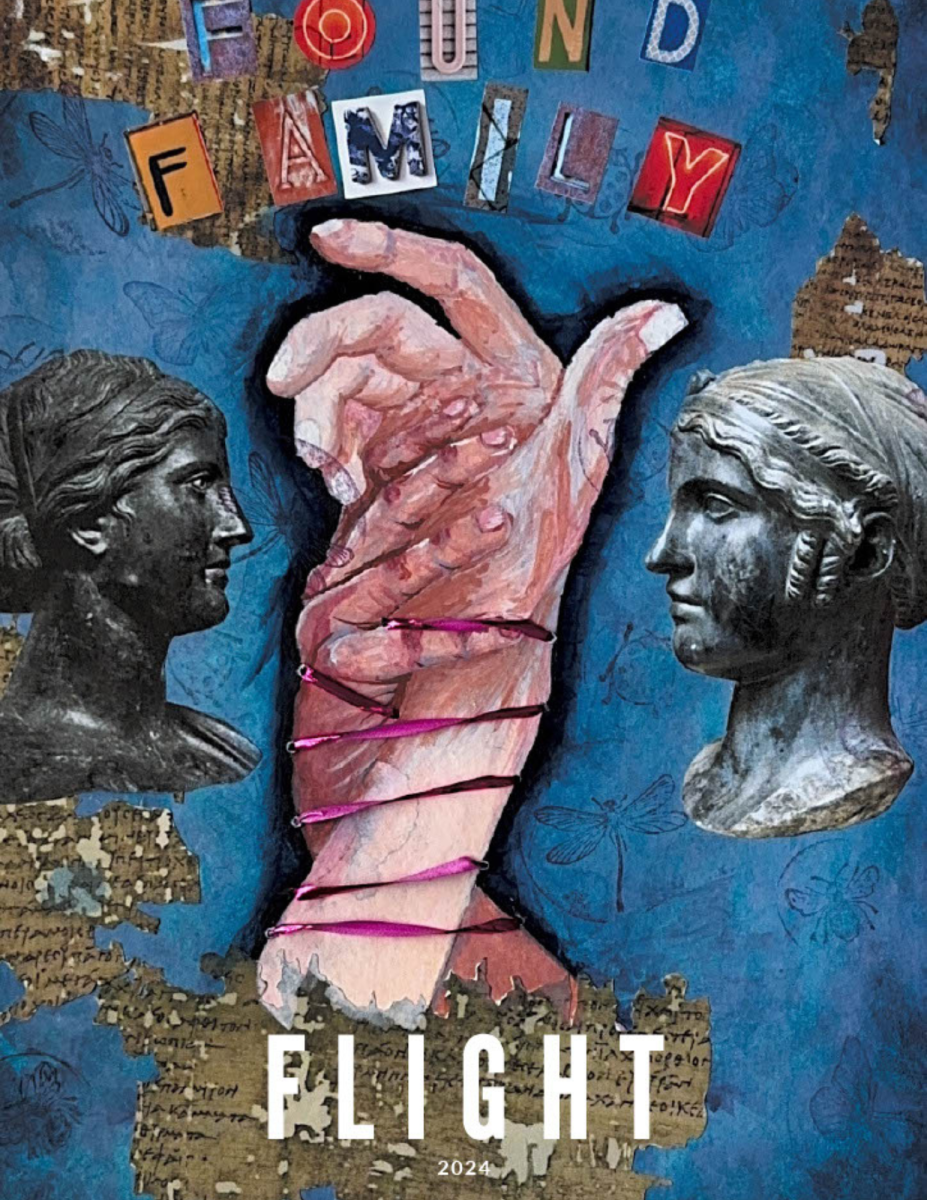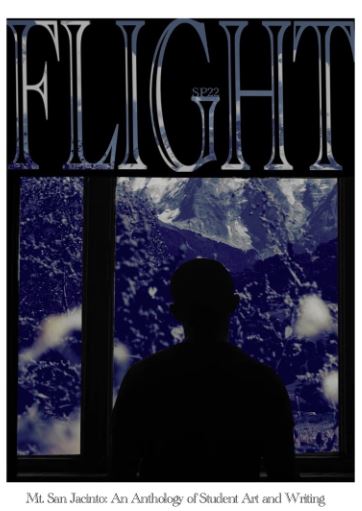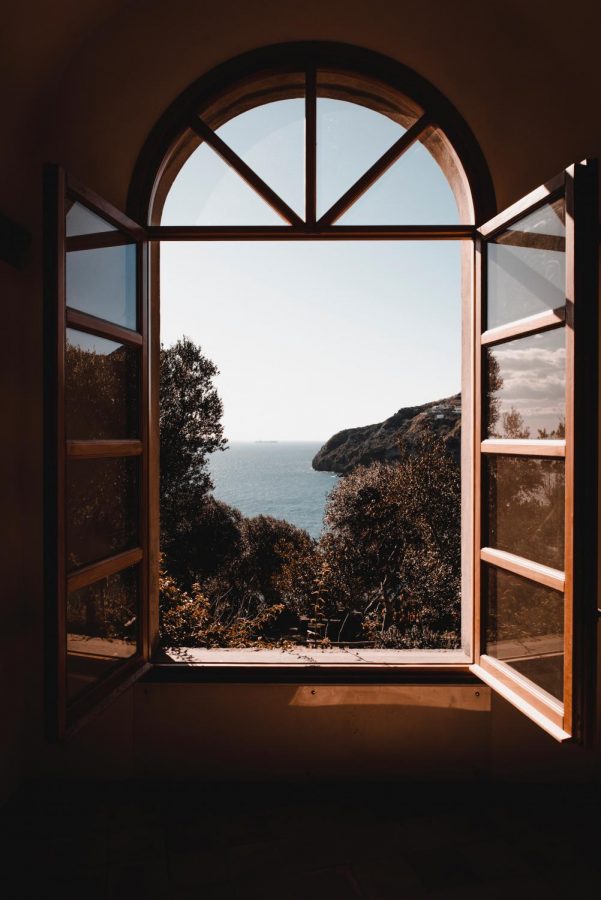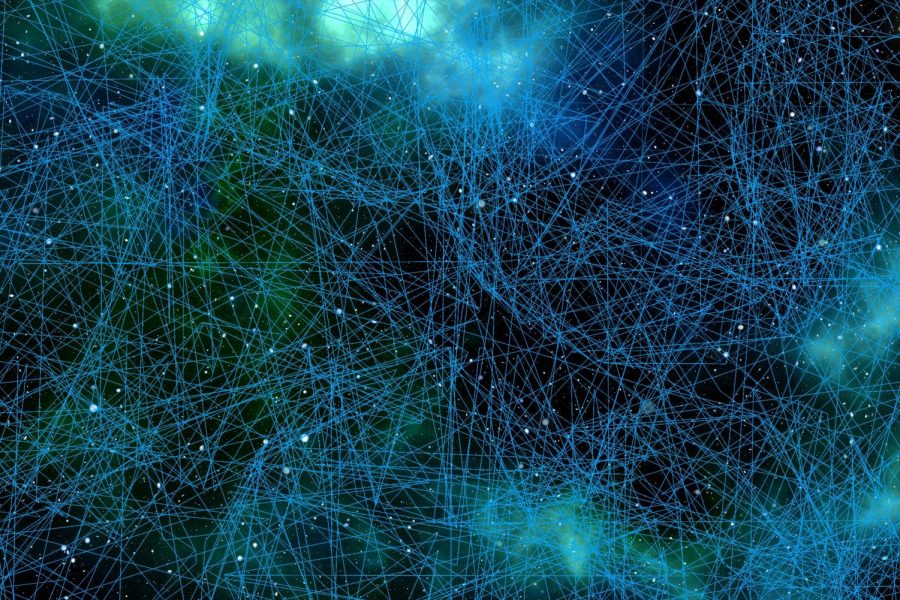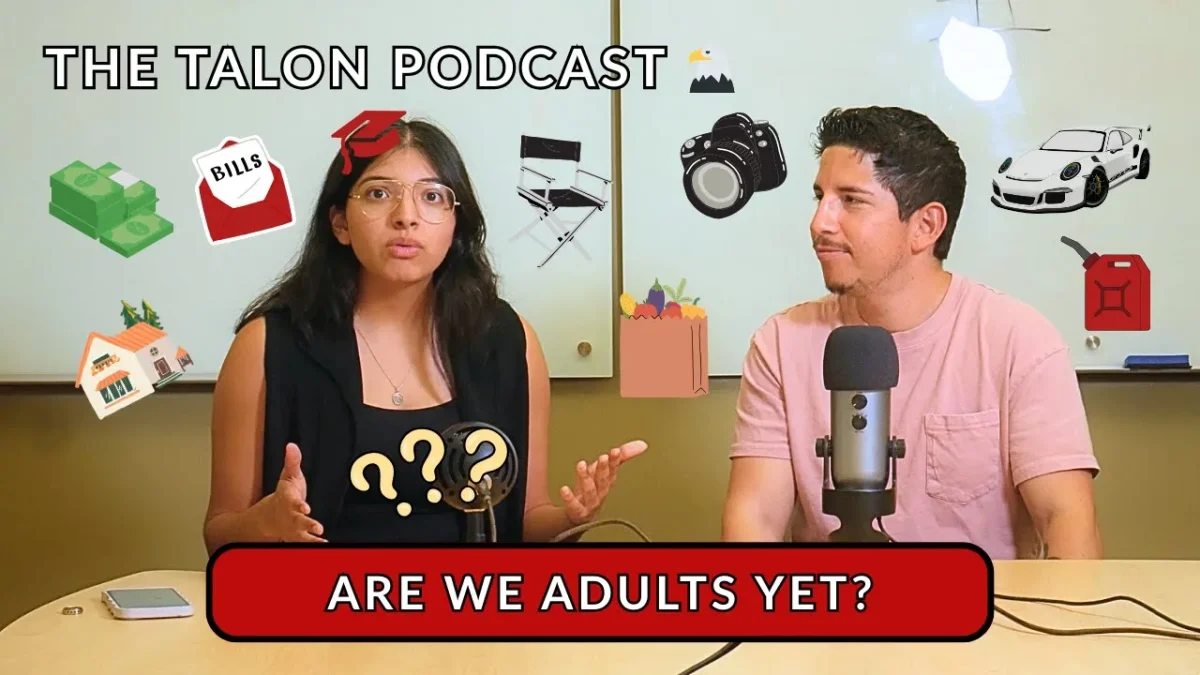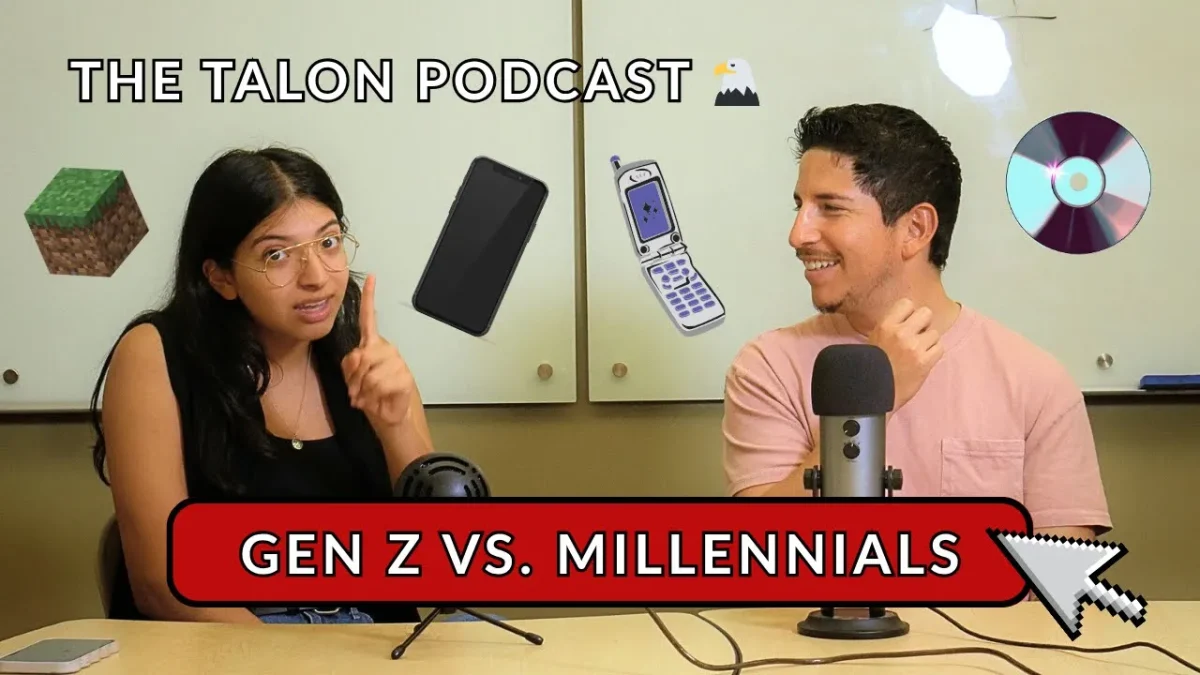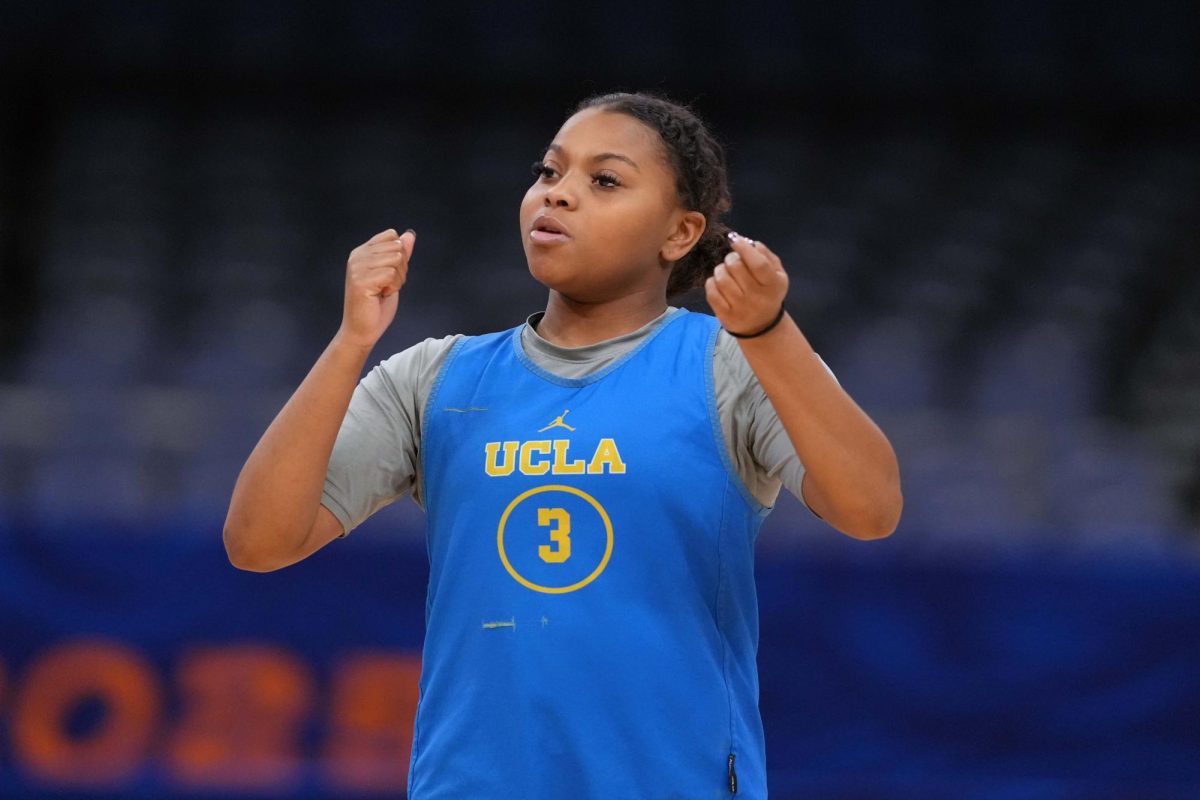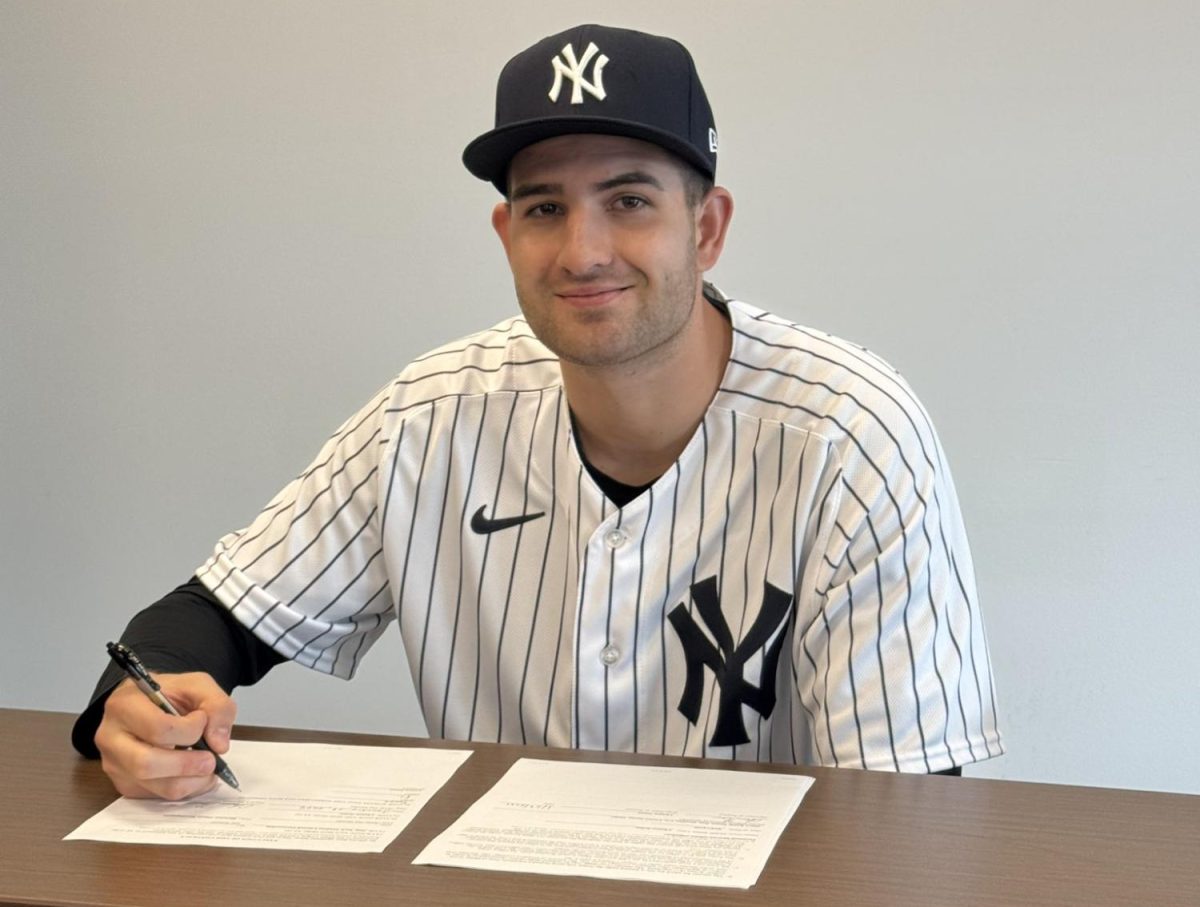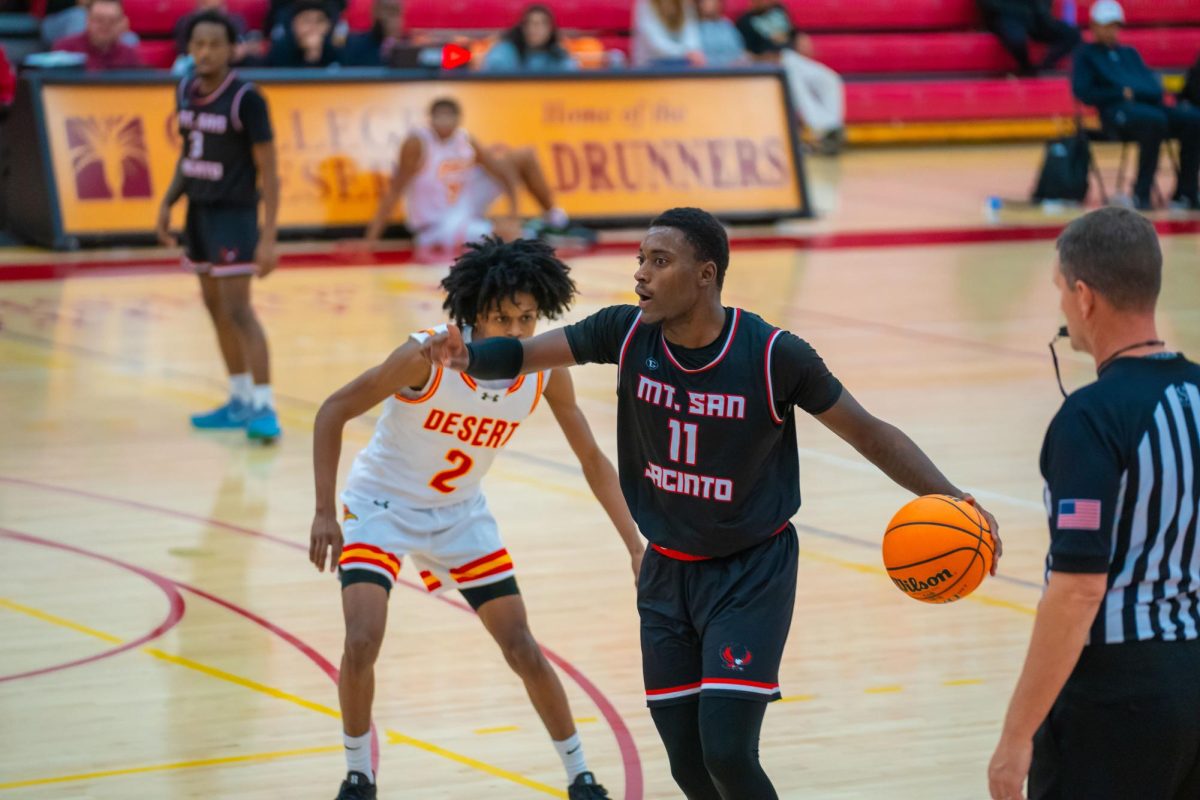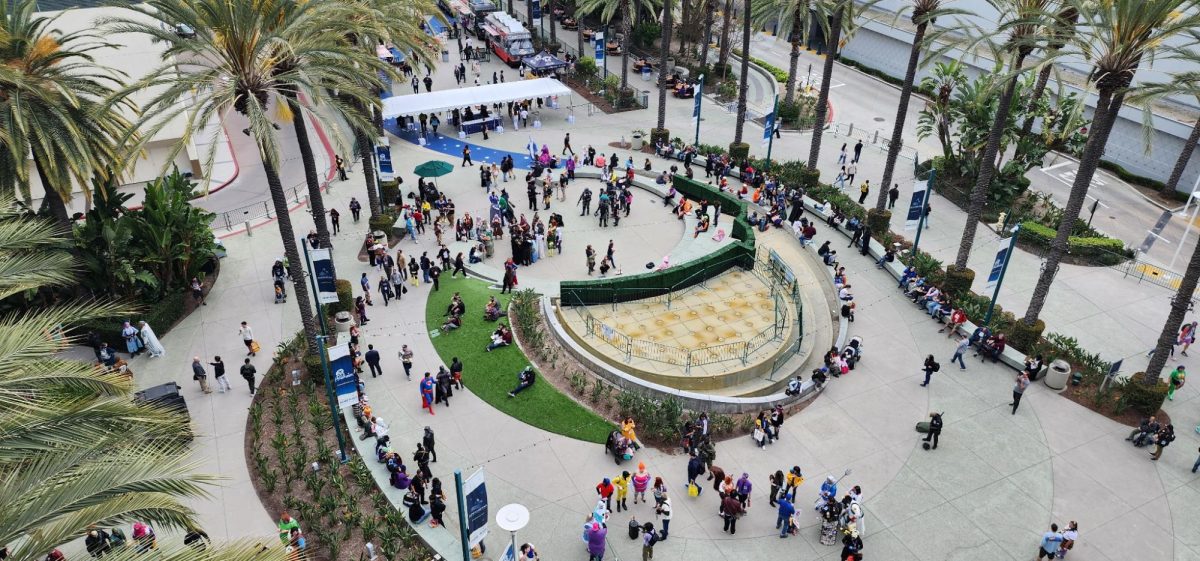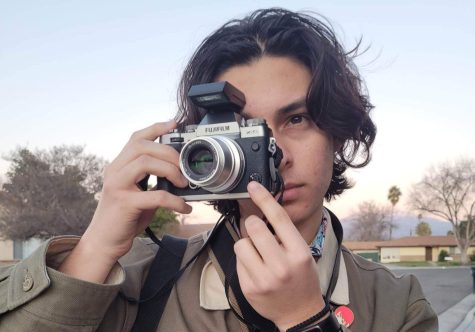Director Denis Villeneuve has returned with another sci-fi epic. The director, who started off directing very grounded films, including 2013’s Prisoners and 2015’s Sicario, would first attempt creating a sci-fi film in 2016 with the release of Arrival; the following year, he released a sequel to one of science fiction’s greatest films ever, Blade Runner 2049. A work which, despite its grand scale, impressive visuals, stellar cast, and relevant message, underperformed at the box office. 2021 would see the release of yet another Denis-directed addition to the science fiction genre with a renewed adaptation of Frank Herbert’s classic novel Dune, originally published in 1965.
Dune is a work that has seen no shortage of film and television adaptations since its release; however, before Denis’ attempt, the previous adaptations seemed only to result in failed projects and a misunderstanding of the content laid out within Frank Herbert’s complex text. It wouldn’t be until Denis’ adaptation that the novel would finally see a worthy live-action film adaptation.
Dune: Part Two, which was originally set to release on November 3rd, 2023, but was pushed back to March 1st, 2024, as a result of the Hollywood labor disputes, has already become an instant classic amongst fans of the genre and world created by Frank Herbert. Denis’ masterful direction is present yet again, and the rich visuals provided by cinematographer Greig Fraser (Rogue One: A Star Wars Story (2016), Dune: Part One (2021), The Batman (2022)) lend themselves to the massive story which Denis wishes to convey. The film is grand in every sense of the word, a level of epic on a scale rarely achieved, a work whose only rivals in terms of scale would be other Denis films.
The cast consists of some of the biggest names in Hollywood, including Timothée Chalamet, Zendaya, Austin Butler, Florence Pugh, Rebecca Ferguson, Christopher Walken, Léa Seydoux, Stellan Skarsgård, Dave Bautista, Javier Bardem, and Josh Brolin, to name a few. Each member of the cast (including the ones not listed above) gives convincing performances that pull in the audience. There is not a single weak link among them; it is clear that each cast member stepped up to the challenge and gave their all.
It is often difficult to make a sequel that feels less like an attempt at capturing the spirit of the first and instead feels more like a natural continuation of the story. Instead of watching a sequel, we are placed back into the world of Dune, walking with the Fremen and witnessing the horrors of the Harkonnen.
As the runtime progresses, it becomes increasingly obvious that Denis will not hold our hand; the world of Dune, created by Frank Herbert, is deep and rich. Dune is vast in scale and great in detail, filled to the brim with familiar influences and religious practices that echo around each and every turn yet manages to stay original. These aspects of the world, as Denis sees them work completely on their own; this is a world which has always existed, and always will. Despite the world of Dune being set in the year 10,191, it is still a product of its time. Viewers will notice a distinct lack of ‘futuristic’ technology. Instead of the usual science fiction tropes seen often in the genre’s most popular series, such as incredibly intelligent AI and humanoid robots, author Frank Herbert offers us a world where the future of warfare is essentially using science fiction-ified versions of the same weapons and artillery employed during the mid-twentieth century. There are no ‘lightsabers’ or ‘laser guns’ in the vein of other popular science fiction tales; instead, the characters fight the good fight using swords, shields, and whips, and who needs a ‘death star’ when you have good old-fashioned atomics? This is the world of Dune, which at times plays out like a futuristic, sci-fi, dystopian version of your favorite Vietnam War film (à la Apocalypse Now (1979)).
Denis finds a sweet balance between the monolithic science fiction landscape and the essential character interactions that are key to the story. At times, the film seems to battle between spectacle and grounded storytelling, which is to be expected from director Denis Villeneuve. The tender love between royal son turned messianic leader Paul Atreides (or as it was written: Muad’Dib) and spirited Fremen warrior Chani is built almost entirely off of charming minute-long interactions and longing romantic glances. Intimate moments between the two see them develop a deep connection; however, Denis manages to fit only so much character development into the final product, and the result is a connection with the characters just deep enough to care about the drama that will ensue later on in their story.
The antagonists of the story are nothing short of evil, their intentions as black and white as their home world. Each main villain’s screen time consists of just enough screaming, death, throat slashing, blood, and ill will to convince the audience of their position in the world of Dune. They seem to know they are the bad guys and don’t care; instead, they choose to embrace their role as the antagonists and even dress the part. Though their characters may not be entirely fleshed out, Dave Bautista, Austin Butler, and Stellan Skarsgård do a great job with the material given to them.
Filled with plenty of dynamic and complex characters and relationships backed by a rock-solid cast, an outstanding score by the great Hans Zimmer, rich cinematography from Greig Fraser, complex yet subtle editing from Joe Walker, and inspiring directing from Denis Villeneuve, Dune: Part Two is a brilliant film and worthy sequel to its predecessor. Frank Herbert’s powerful vision is being brought to the screen in its truest form yet and despite the film’s struggle between the grand and the grounded, the story (which in recent years is becoming all too relevant) is worth watching, especially on the largest screen you can.
